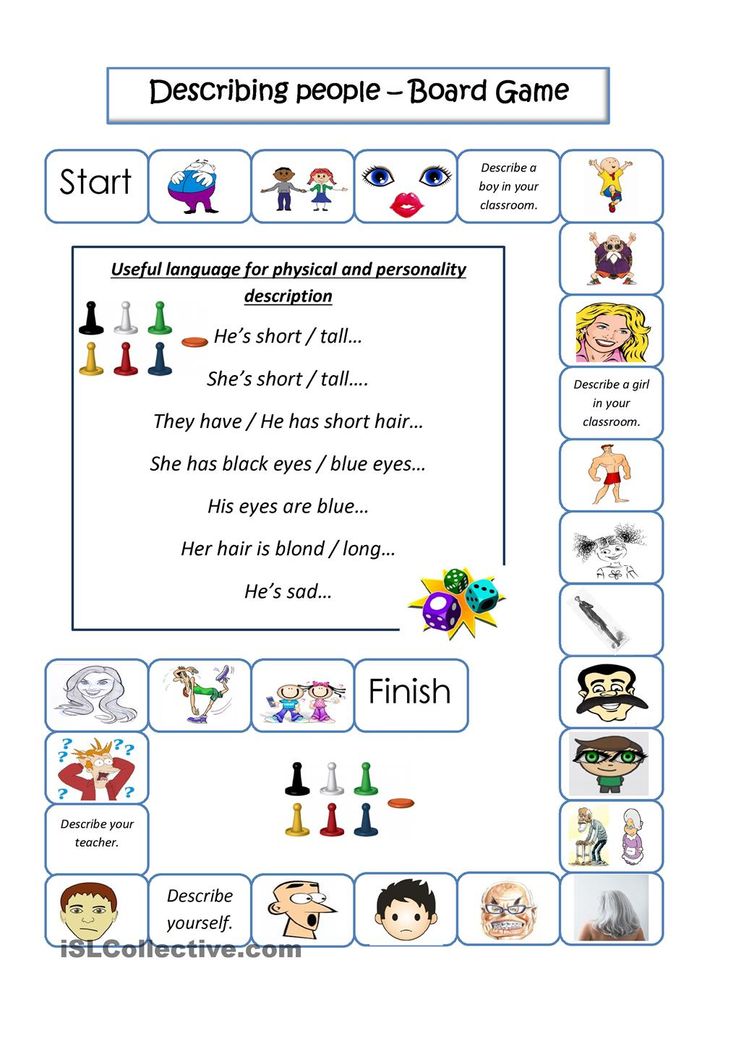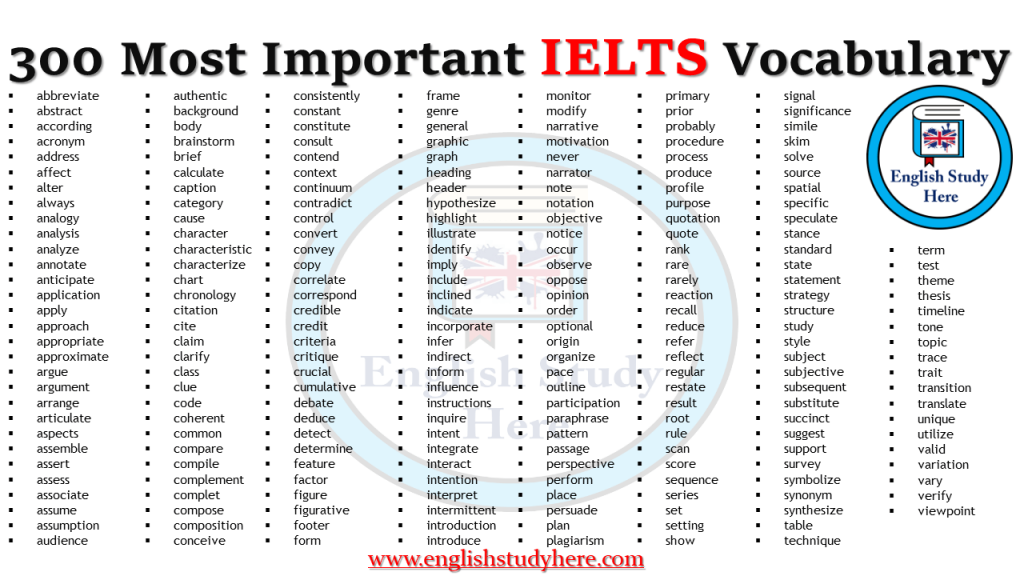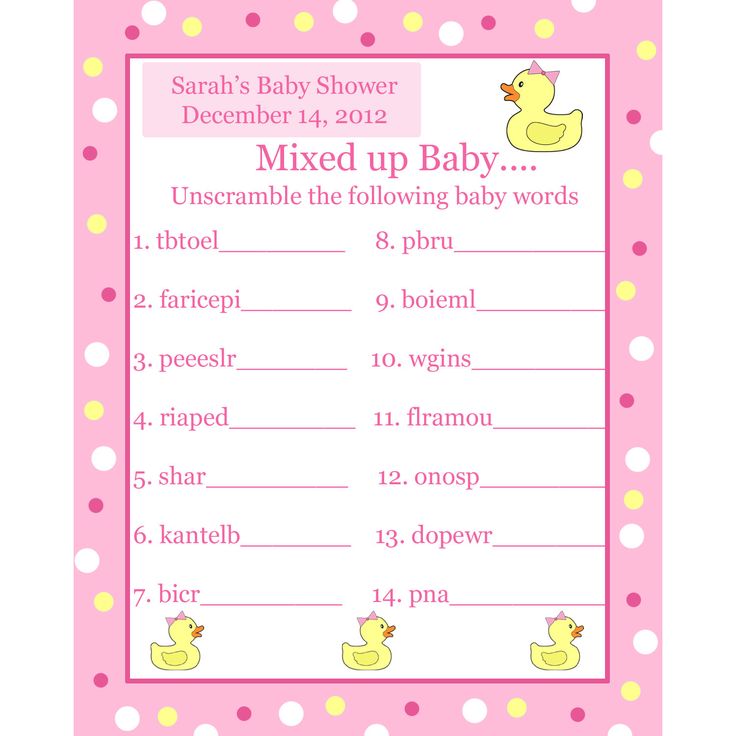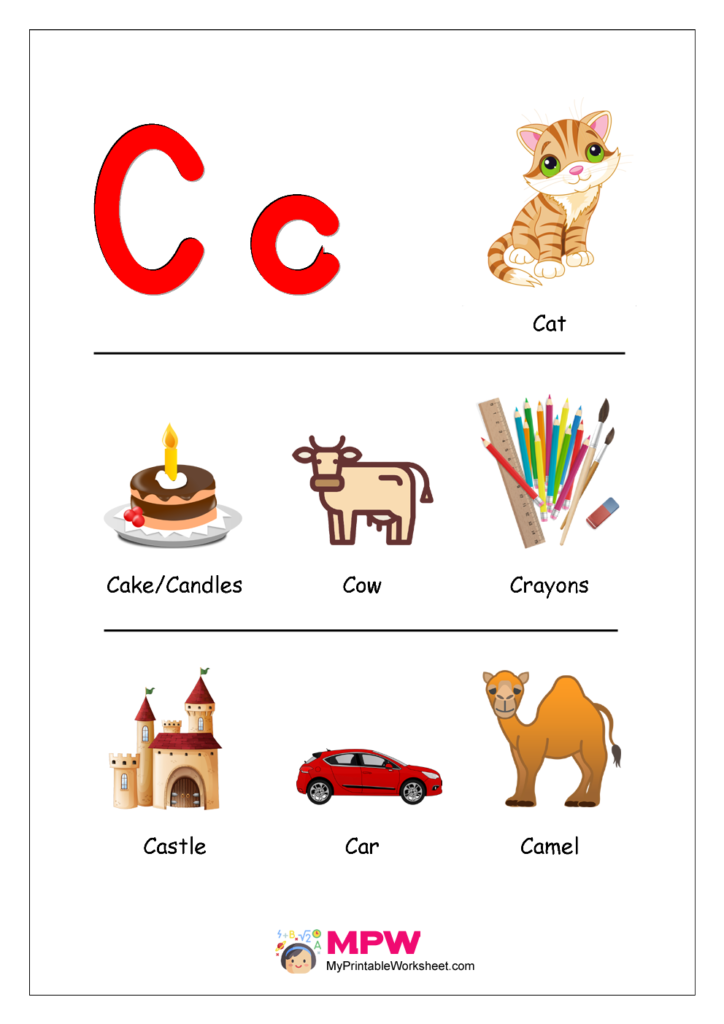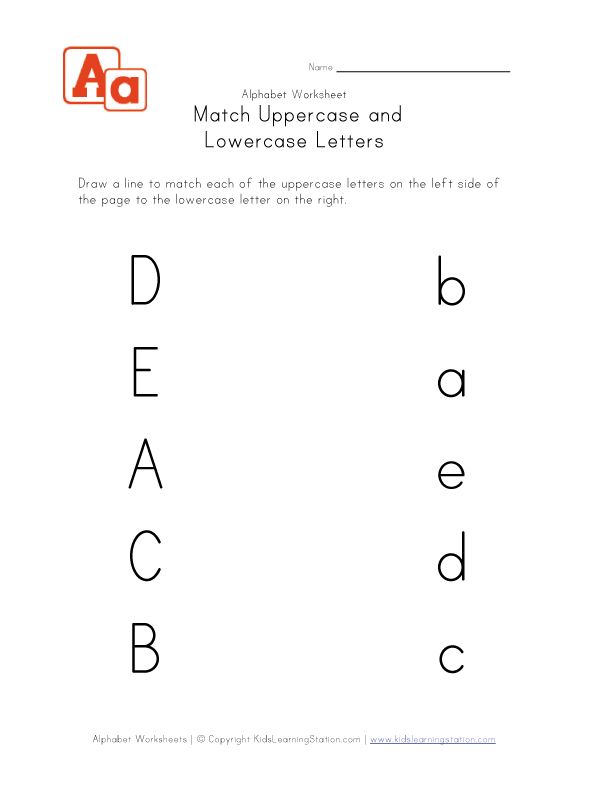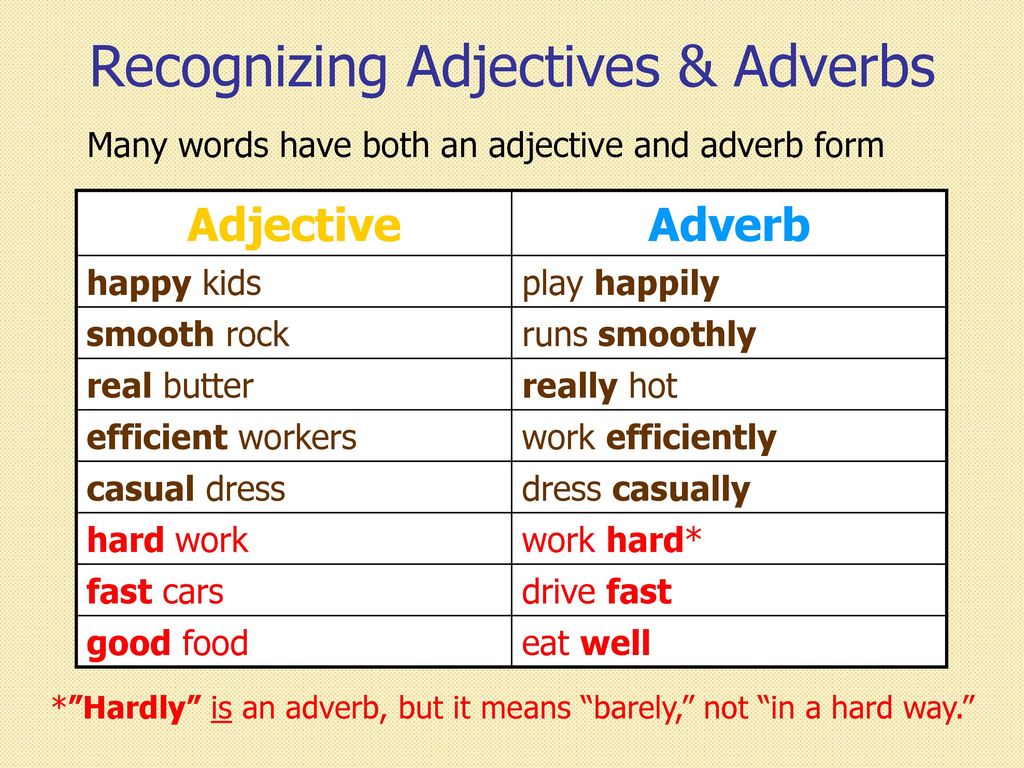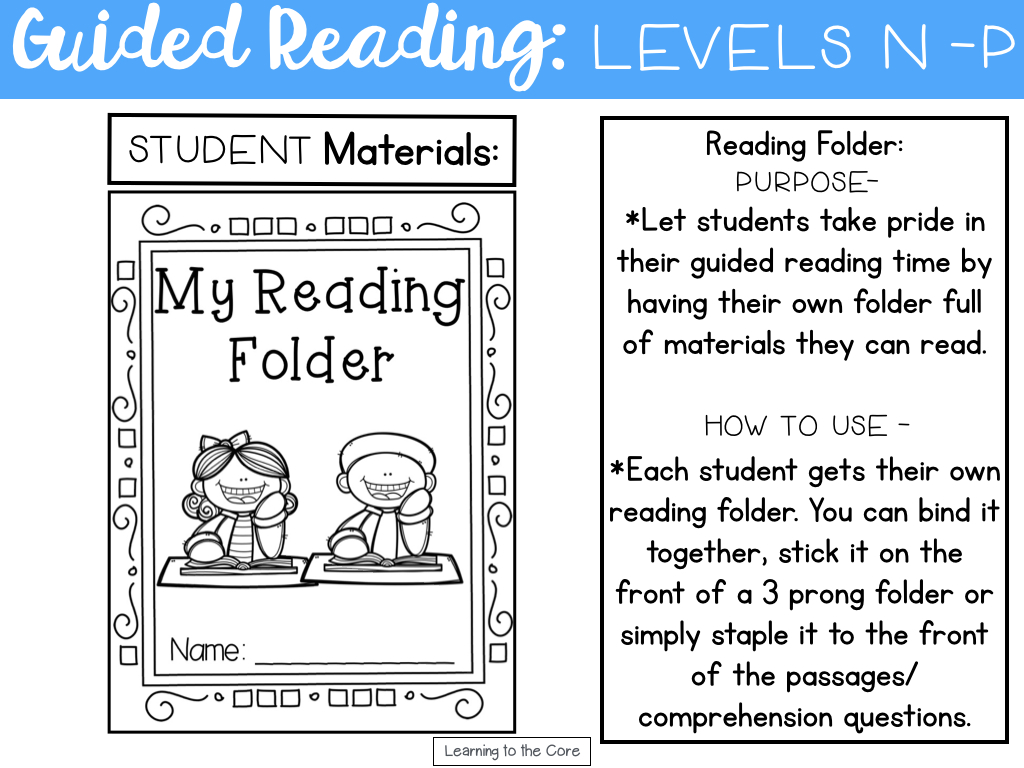Describing word games
Describing Vocab Game
You can set this page as a homework task for a group of students; doing so will give you a record of who has completed the task. Visit the teacher's section for more information.
In the teacher's section you can also alter the sets of content, so that only some of the images appear. Additionally, you can get embed code to add this game to a blog or web page and you can create direct links to the game with content pre-selected. As an example, the link below will start the game with the jobs content automatically loaded.
https://www.gamestolearnenglish.com/describer/#jobs
Alternatively, this link will start the game with the food content automatically selected and loaded.
https://www.gamestolearnenglish.com/describer/#food
Use the teacher's section to create more links or embed code.
This is a simple game for practicing brief reading comprehension. To play, you read the brief description and then click on the image that it most accurately describes. The aim is to practice understanding for short English sentences in a fun way. By having the player match the description to an image, it is hoped that meaning or context can be elicited more effectively. To be clear, this game is primarily targeted at - ESL (English as a second language) students.
When playing, you can select the content to use from a range of 20 or so different sets. Each set has 20 to 30 items and each item has two different (but quite similar) descriptions. The first description is quite simple, while the second tries to be more difficult. The easier descriptions show first and then as you progress the more difficult ones show. To finish the game, you have to go through the whole set of content twice. To try and make the game more interesting, score is accumulated and a high score table is shown at the end. Most of the other games on this site use a timer to make the game challenging. Rather than do this again, this game just has score and a bar that accumulates and awards more points.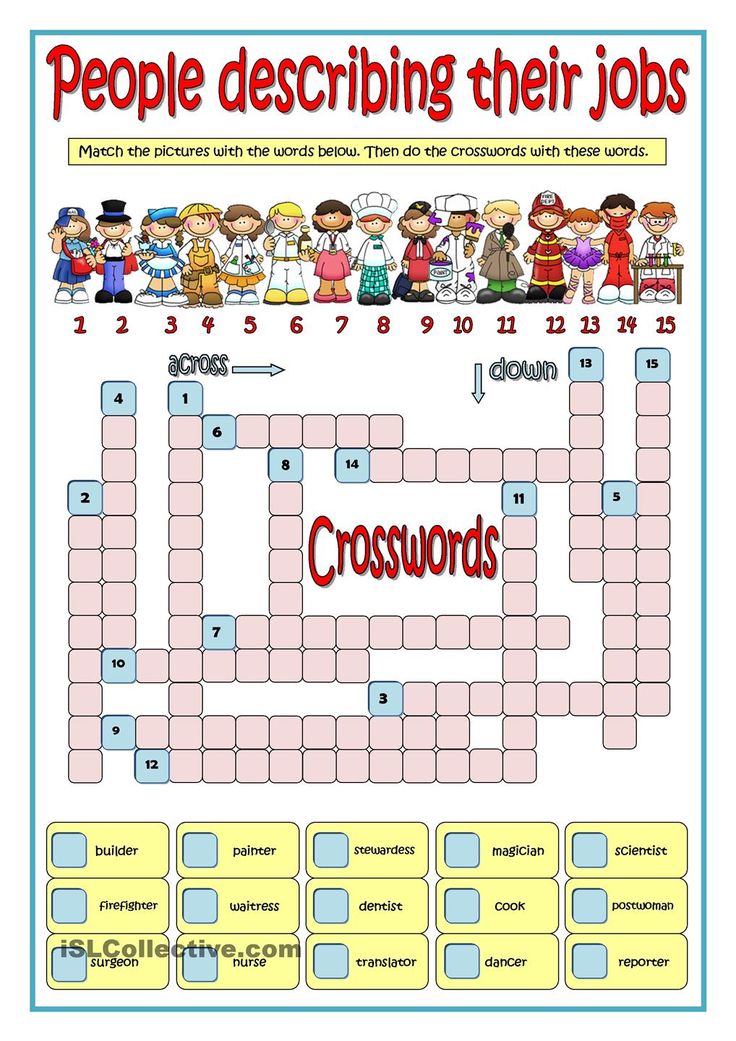 The bar accumulates as you get the correct answer, but then resets whenever a mistake is made. If you can get six correct responses in a row, the star is shown and additional score is given.
The bar accumulates as you get the correct answer, but then resets whenever a mistake is made. If you can get six correct responses in a row, the star is shown and additional score is given.
To add another element to the game, I included 3 ‘lifelines’ or hints to help get the correct answer. These appear on the right of the screen and, while initial faded, become available as you accumulate score. The first lifeline is ‘50/50’. Clicking this will remove half of the options leaving only the correct answer and 3 alternatives. The second lifeline, changes the images shown and reorders the display. At first 8 images are shown. One is the correct response and the other 7 are randomly selected from the other images in the content set. The second lifeline, re-shuffles and reselects the 7 alternatives. The final lifeline simply shows the correct response. As this one is quite useful, it is can only be used a few times. When you begin, you have no lifelines and the option buttons are all faded out.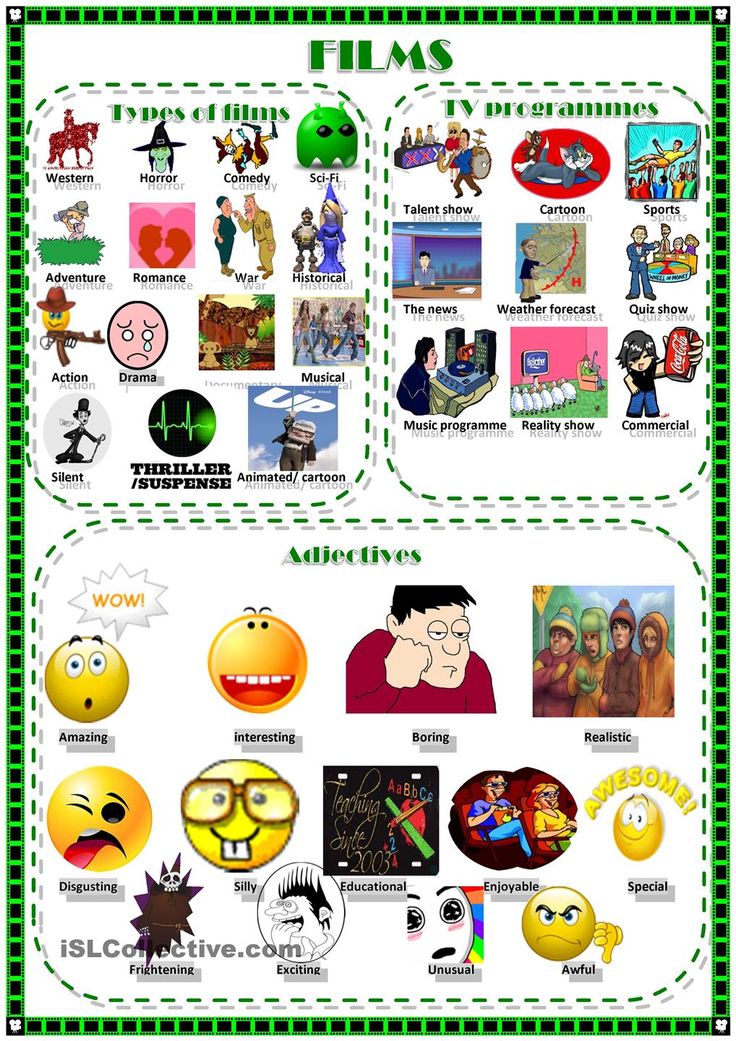 Then as you give correct responses, you accumulate score and get awarded lifelines. However, one incorrect answer will reset everything and remove all the lifelines you have.
Then as you give correct responses, you accumulate score and get awarded lifelines. However, one incorrect answer will reset everything and remove all the lifelines you have.
There a couple of game modes that you can play in. Normal mode will display 8 possible images for each description, while easy mode displays only 4 images. There is also a ‘simple’ mode in which the scoring bar and lifelines are removed.
Describing Games and Activities for ESL
If you’re looking for some of the best describing games, then you’re certainly in the right place. Stay tuned for the best describe the word ESL activities, along with lesson plans, worksheets and more.
Describe games
Describe Games and ActivitiesLet’s get into the best describing words games for English learners.
#1: Describing Words Board Game
In real life, I love to play board games which is why I like to bring some into my classroom as well. It’s easy to make your own for just about topic, grammatical point or vocabulary set, including describing words.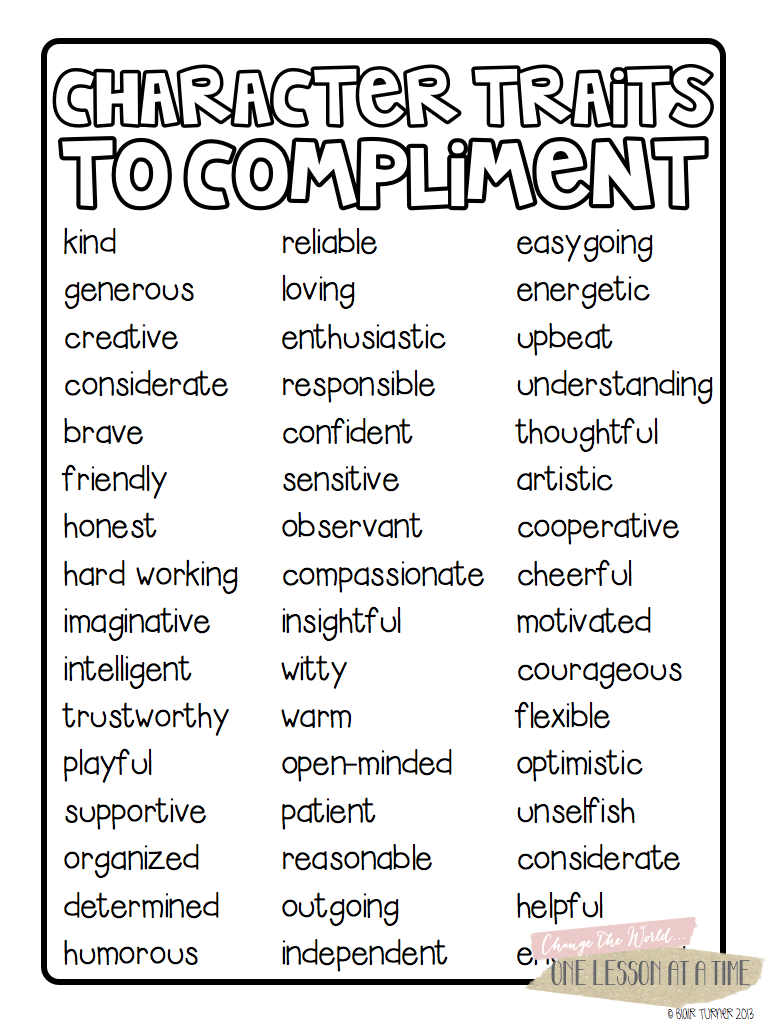
In this case, fill the board with common objects that students might know. Then, when they land on that square, they have to say 1-3 (depending on the level) words or statements about that object. For example, pencil:
- It’s made of wood.
- A pencil is hard.
- It has a sharp point.
If the student can come up with the required words/statements, they get to stay on that spot. Find out more about how to make your own ESL board games:
www.eslspeaking.org/esl-board-games
#2: Speaking Bingo Describing Activity
A nice way to give students some practice with describing things is to play this speaking Bingo game. Regular Bingo is fun but it doesn’t have a lot of educational value to it. Instead of just saying the word, I like to describe it instead to make it a more challenging listening activity, as well as vocabulary one.
Better yet, it’s possible to have students describe the words instead of you! Try it out:
www.eslspeaking.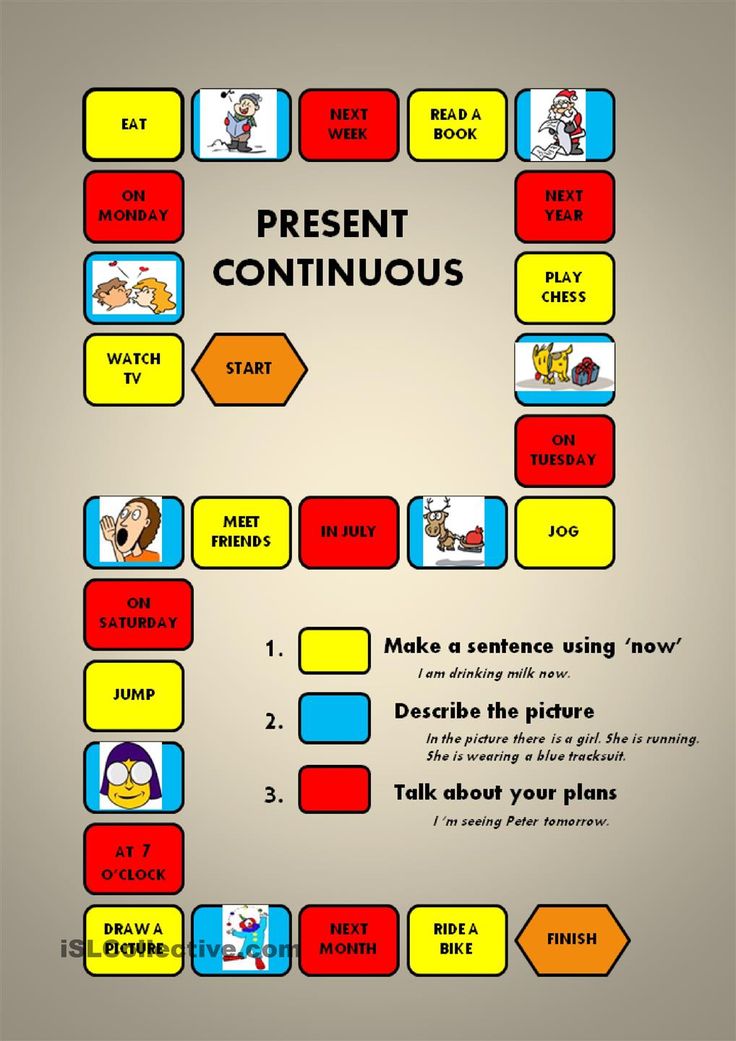 org/esl-speaking-bingo
org/esl-speaking-bingo
#3: Using Relative Clauses to Describe Things or People
Using a relative clause (He is a person who…) or a reduced relative clause (This is the man I saw…) to describe people or things is very common. In this activity, students have to give hints to other people in their group about a secret object or person. The other students have to guess who or what is it.
Have a look here to find out more:
www.eslspeaking.org/relative-clause-speaking-activity
#4: ESL Comparatives Quiz
Comparative adjectives are a nice way to describe a lot of things! Have a look at this simple online quiz to try out with your students:
#5: Guessing Game Warm-Up
This is a simple party game that I’m sure you’ve played before. You get a sticky note with a secret person or thing on it and then have to ask questions to the other people at the party to try to figure out what it is.
To work on describing things, I play this game with a bit of a twist.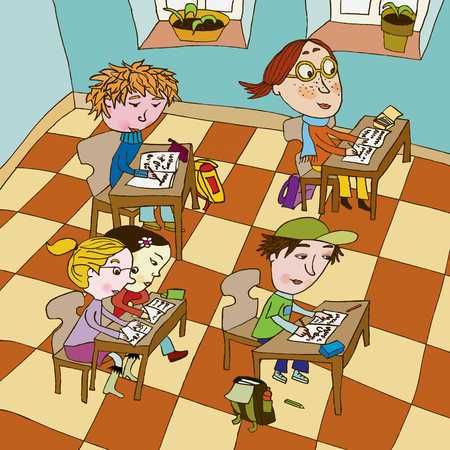 Instead of asking questions, I get people to give hints to the person. For example, someone might have Barrack Obama at their secret person. They could give hints such as:
Instead of asking questions, I get people to give hints to the person. For example, someone might have Barrack Obama at their secret person. They could give hints such as:
- It’s a man
- He’s American
- He’s a politician
- He was a former president
- Etc.
Try it out with your students:
www.eslspeaking.org/describe-something-guessing-game
#6: Taboo Describe Game
Here’s another party game that you may have played before. Traditionally, there is a secret word that you have to describe but you can’t use a list of other closely related words.
I’ve adapted it for my English learners to make it slightly easier. They still have to describe a secret word but I don’t use the banned list of related words. Find out more here:
www.eslspeaking.org/esl-speaking-game-for-kids-adults
p.s. It can be super helpful to laminate the words to recycle from class to class. Here are some top options: Best laminators.
#7: Just a Minute
If you want to challenge your students, try out this speaking activity.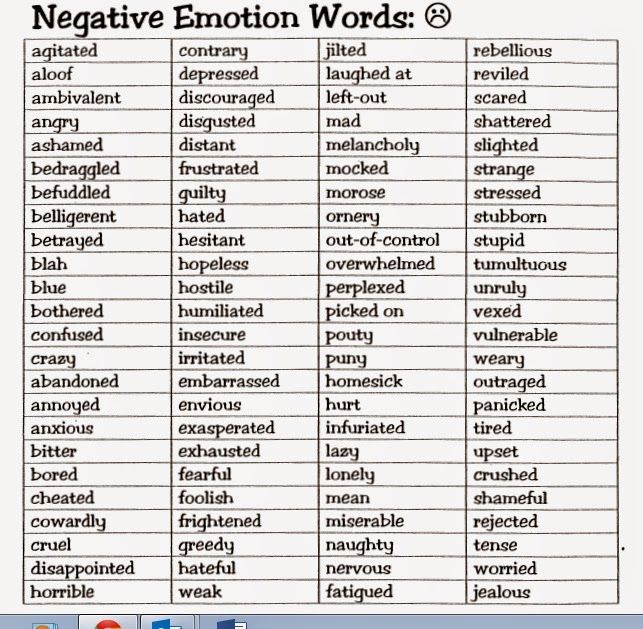 Bring some different objects into the classroom and put students into pairs. Take out the first object and set a timer for one minute. One person in each group has to describe the object for one minute without stopping. Then, use a different object and the other person tries the same task.
Bring some different objects into the classroom and put students into pairs. Take out the first object and set a timer for one minute. One person in each group has to describe the object for one minute without stopping. Then, use a different object and the other person tries the same task.
It’s also possible to do this activity without objects but instead use things like:
- Hometown
- Family
- Favourite thing
- Most delicious food
- Etc.
Have a look here for more information:
www.eslspeaking.org/just-a-minute-game-esl-speaking
#8: Hot Potato Describe Game
This is a fun game to try out if you want to inject some excitement into the classroom. Students pass around the potato (or another object) until the timer goes off or the music stops. Whoever is holding the potato when this happens has to do a task of some kind.
In this case, show the student a flashcard or other object and have them make 1-3 statements (depending on the level) to describe the object.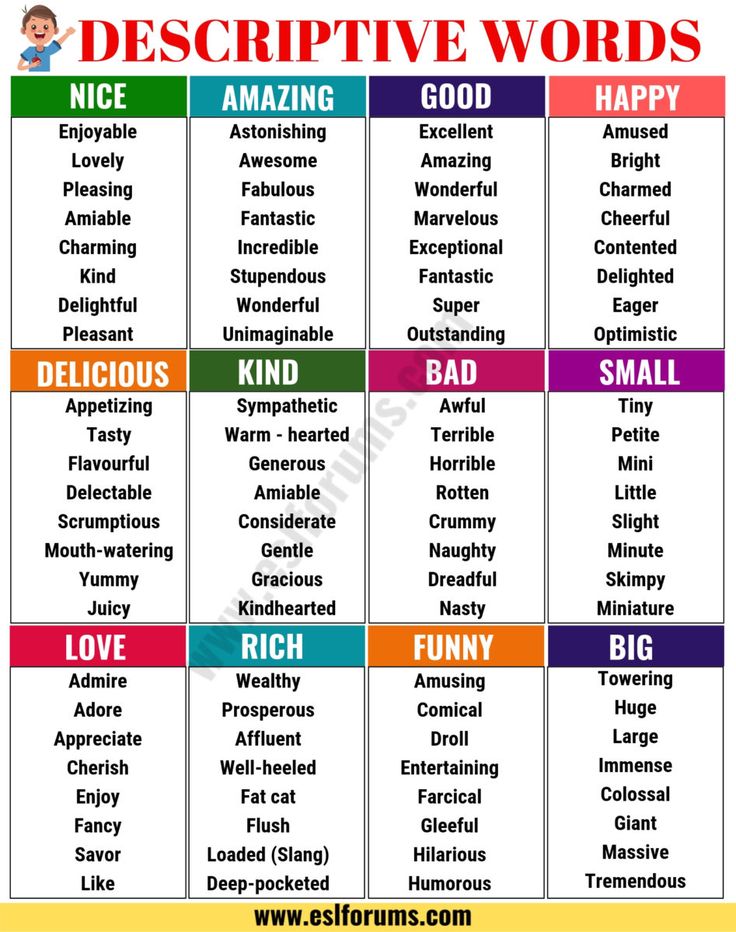 For example, a cat.
For example, a cat.
- It’s black and white.
- It has soft fur.
- It looks sleepy.
Find out more about this fun ESL game here:
www.eslspeaking.org/hot-potato-esl-speaking-game-for-kids
#9: Word Association
This activity is a nice way to focus on word families. Have a look here for all the details:
#10: Puzzle Finder Activity
This is a fun ESL speaking and listening activity that focuses on teamwork as well as describing common vocabulary words. It’s a flexible activity that can be adapted to many different kinds of things. Basically, students have to describe their puzzle pieces to others to help decide if they have a match. Check it out:
www.eslspeaking.org/puzzle-finder-esl-ice-breaker
#11: TOEIC Speaking Test: Describe the Picture
Most English proficiency speaking tests have a section where students have to describe a picture of some kind. There is certainly specific vocabulary related to this that can help our students get the best possible score.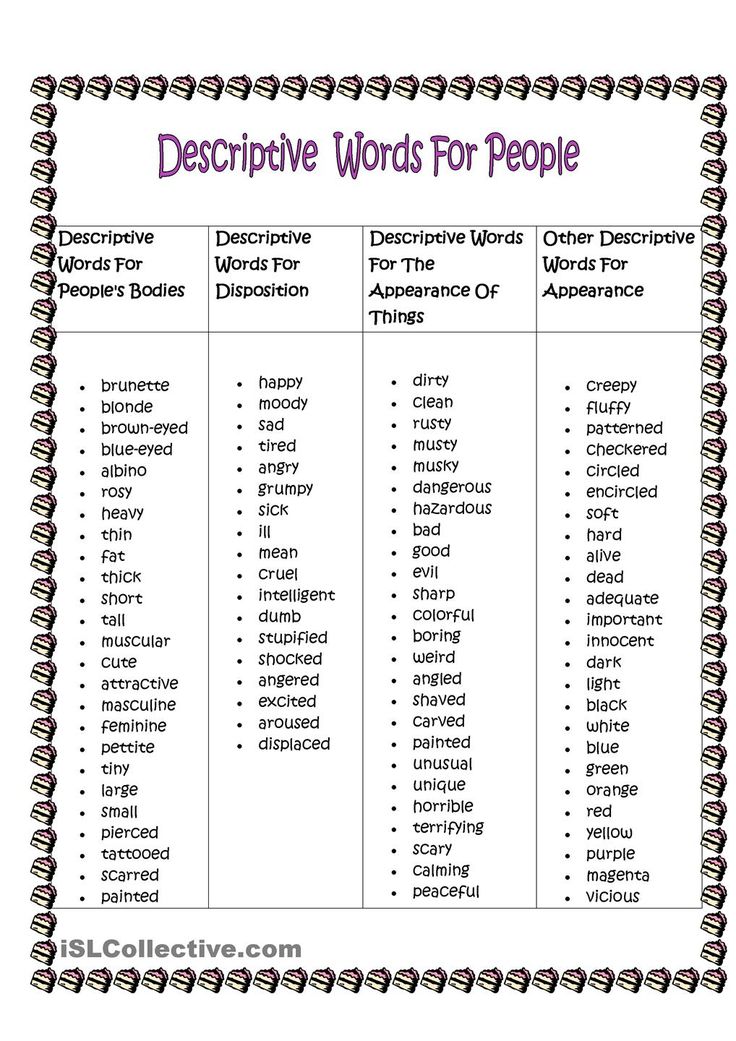 If I’m teaching students who are likely to take these kinds of tests in the future, I like to teach them how to describe a picture by doing some sample tests. Here are a few to try out:
If I’m teaching students who are likely to take these kinds of tests in the future, I like to teach them how to describe a picture by doing some sample tests. Here are a few to try out:
www.eslspeaking.org/toeic-speaking-mini-tests
#12: Current Events Presentation Project
With some of my more advanced students, I like to do a current events presentation project. It’s challenging because students often have to learn a bunch of new vocabulary words that they may not be familiar with because they often aren’t found in ESL textbooks.
As part of the project, they have to describe the event and then talk about why it’s important. It’s a describing activity but of a different sort than most of the other ones on this list. Try it out and I think you’ll like the results as much as I did:
www.eslspeaking.org/current-events-presentation-project
#13: Describing Places
A common topic that involves lots of adjectives and descriptions is for places. For example, describing a city. Here are some of the best ideas for this popular unit that is found in most ESL textbooks:
Here are some of the best ideas for this popular unit that is found in most ESL textbooks:
www.eslspeaking.org/teaching-places
#14: Song for Describing People
When I teach kids, I always like to use some songs and chants in my classes. They help make grammar and vocabulary far more memorable and I sometimes even catch students singing along to them between classes. This always makes me feel like I’ve done a good thing!
Have a look on YouTube and you’ll be able to easily find something for the age and level of students that you teach.
#15: ESL Adjective Games and Activities
Using adjectives are necessary for describing things. Here are some of the best ESL adjective activities to consider trying out:
www.eslspeaking.org/esl-adjective-games
#16: What are you Cooking? (Describing Food)
This is an engaging 4-skills ESL activity that’s perfect for adults. Students have to make a 3-course menu from ingredients chosen by another group.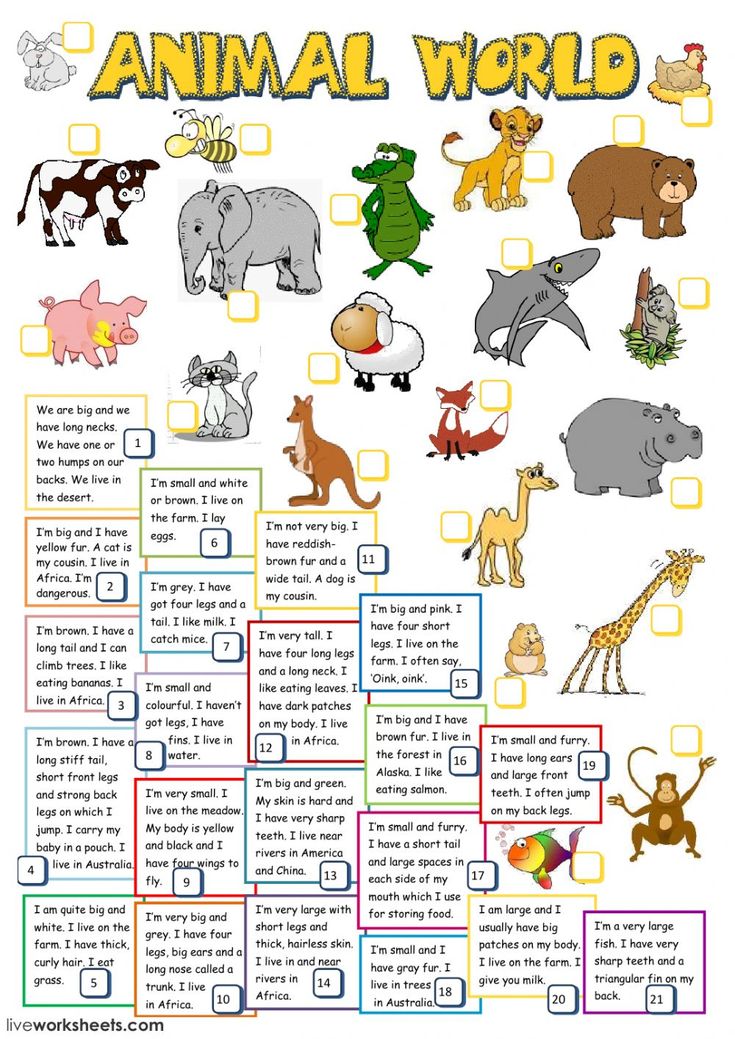 Then, they have to make a presentation to try to convince others that their menu is the best. This is where descriptive words come in! Have a look here to find out more:
Then, they have to make a presentation to try to convince others that their menu is the best. This is where descriptive words come in! Have a look here to find out more:
https://eslspeaking.org/what-are-you-cooking-4-skills-esl-activity/
#17: English Comparative and Superlative Adjectives
These kinds of adjectives are very helpful for describing just about anything. A comparative compares two things (The dog is bigger than the cat) while a superlative talks about only one thing (That’s the fluffiest cat in my neighbourhood). There are lots of interesting comparative/superlative activities to try out with your students:
www.eslspeaking.org/esl-comparative-superlative-activities
#18: Describe and Draw a Picture
This is a fun activity for kids as well as adults that usually has some hilarious results. It’s for describing people ESL. Find some pictures of monsters or aliens. Then, one student has to describe what they see to the other student who has to draw it. When they’re done, they can compare the two pictures. Find out more:
When they’re done, they can compare the two pictures. Find out more:
www.eslspeaking.org/draw-a-picture
Describe the word game
#19: Picture Prompt
This is a nice warmer activity or to use as a review at the end of class. Find an interesting picture that has a number of target vocabulary words. Then, elicit some of those from the students. What you can do with this depends on the level of the students. Beginners may say a single word while more advanced students can make sentences. Or, even write a story based on what they see. Check out all the options:
www.eslspeaking.org/picture-prompt
#20: Flip-Chart Vocabulary Review Describe Game
This is a fun review game that helps students practice describing the word. The first team chooses one person to be in the hot seat. Then, the team has to describe the secret words to that person who guesses what it is. They try to get as many words as possible in a minute. I generally allow one pass per round.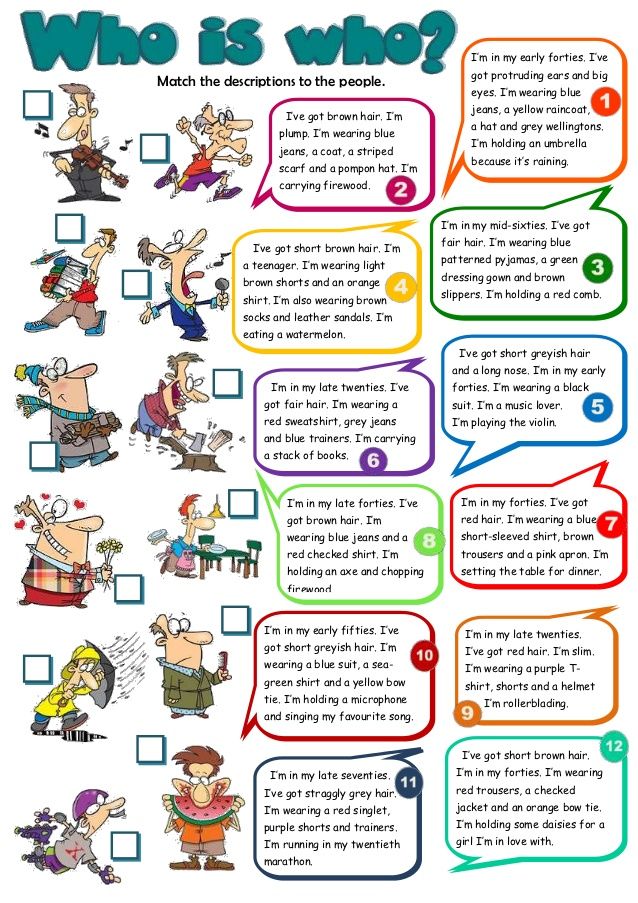 I play 3-5 rounds with different people in the hot seat. Have a look here for more information:
I play 3-5 rounds with different people in the hot seat. Have a look here for more information:
www.eslspeaking.org/vocabulary-review-game-for-kids-and-adults
#21: Postcards ESL Writing Activity
On a postcard, people often describe places or events. Check out this simple activity:
#22: Show and Tell
This isn’t just for kids! Show and Tell is a fun ESL activity for all ages. I have students bring in one of their favourite things or a picture/PowerPoint slide if it’s too big. Then, they have to describe to the class about their thing in 1-2 minutes. After that, I have a question/answer time. It’s fun and interesting to see a bit about the student’s hobbies or home life. More information here:
#23: Dictogloss
This is a challenging listening activity for higher-level students. Find (or write) a passage filled with lots of descriptive words. It might be someone talking about their hometown, or their favourite hobby.
Then, put students into pairs and read it out at a faster than normal pace.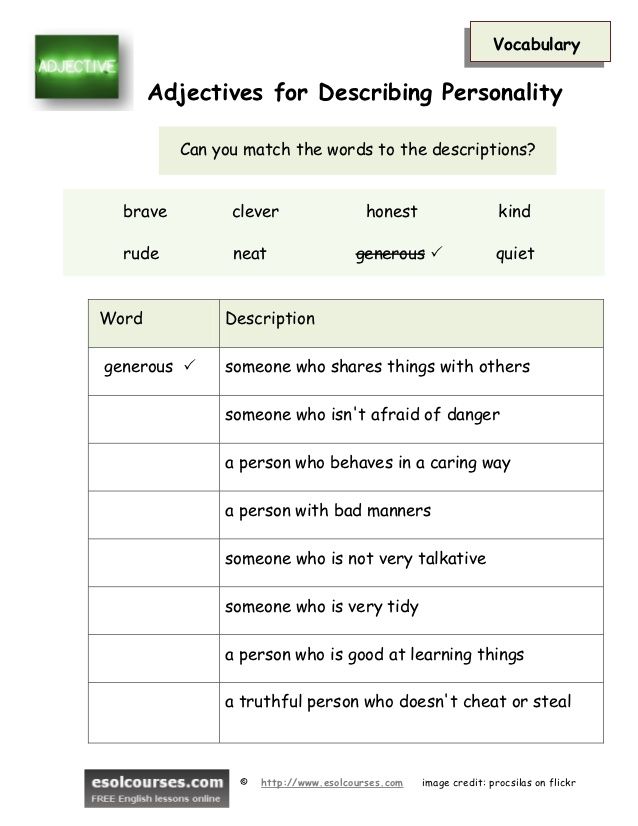 Students have to take notes and then try to recreate what they heard. Read it again and students do the same thing. After that, they can compare what they have with the original. Find out more details here:
Students have to take notes and then try to recreate what they heard. Read it again and students do the same thing. After that, they can compare what they have with the original. Find out more details here:
www.eslspeaking.org/dictogloss-esl-activity
#24: Describing Yourself Toiler Paper Icebreaker
You’ve maybe done this icebreaker activity before? You have to take a certain number of toilet paper squares and then say a true statement about yourself for each one that you have. I like to mix things up a bit and allow some follow-up questions too. Check it out:
www.eslspeaking.org/ice-breaker-speaking-activity
#25: ESL Clothes Quiz
Try out this fun game that describes clothes:
#26: I’m an Alien
This is a fun describe game that you can use with kids. Pretend that you’re an alien from another planet and don’t know anything about happens on Earth. Students have to tell you everything you need to know to survive. To focus on describing words, pretend that you don’t know what basic things and students have to describe these things to you.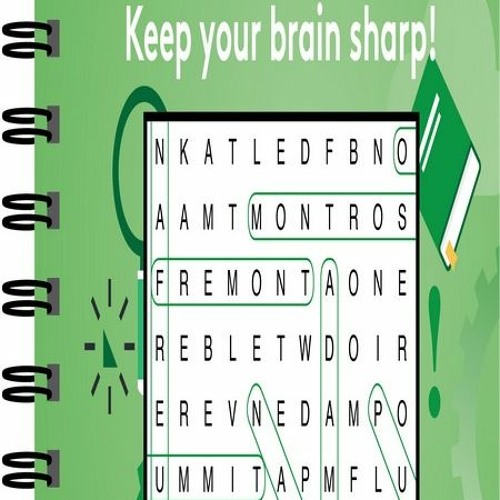 Try out this fun ESL activity:
Try out this fun ESL activity:
www.eslspeaking.org/im-an-alien-an-esl-speaking-activity-for-kids
#27: ESL Describing Game
Write down 10-20 words randomly on the whiteboard (more ideas here: Whiteboard Activities). They should be related to a certain topic that you want to review (sports, animals, food, etc.). Then, put students into pairs and the first student has to choose a word and describe it to their partner. When their partner guesses, they switch roles and play again.
Games where you describe a word.
#28: Five Senses Vocabulary ActivityTry out this versatile activity that can be done either through speaking or listening and alone or in groups. Bring in a common object like an orange and then students have to think of descriptive words related to the 5 senses to describe the object. It’s challenging but fun and I think your students will enjoy it as much as mine do! Find out more:
5 Senses ESL Vocabulary Activity
#29: ESL Fruit and Vegetable QuizCheck out this simple online quiz that describes fruit and veggies:
Describing Words WorksheetsDescribing worksheets are perfect for an in-class assignment or for homework. Here are some of the best ones to consider:
Here are some of the best ones to consider:
English Worksheets
ISL Collective
ESL Flow
Describing Words Lesson PlansIf you’re a teacher, then you’ll know what a huge time-saver it can be to have ready-made lesson plans at your fingertips. Here are some of the best ESL describing lesson plans to check out:
Lingua House
Your Dictionary
Did you like these ESL Describe Games?39 ESL Vocabulary Activities: For English Teachers of Teenagers and Adults Who Want to Make...
- Amazon Kindle Edition
- Bolen, Jackie (Author)
- English (Publication Language)
- 57 Pages - 10/26/2015 (Publication Date)
Then you’re going to love this book over on Amazon: 39 ESL Vocabulary Activities for Teenagers and Adults. The key to better English classes is a wide variety of interactive, engaging and student-centred activities and games and this book will help you get there in style.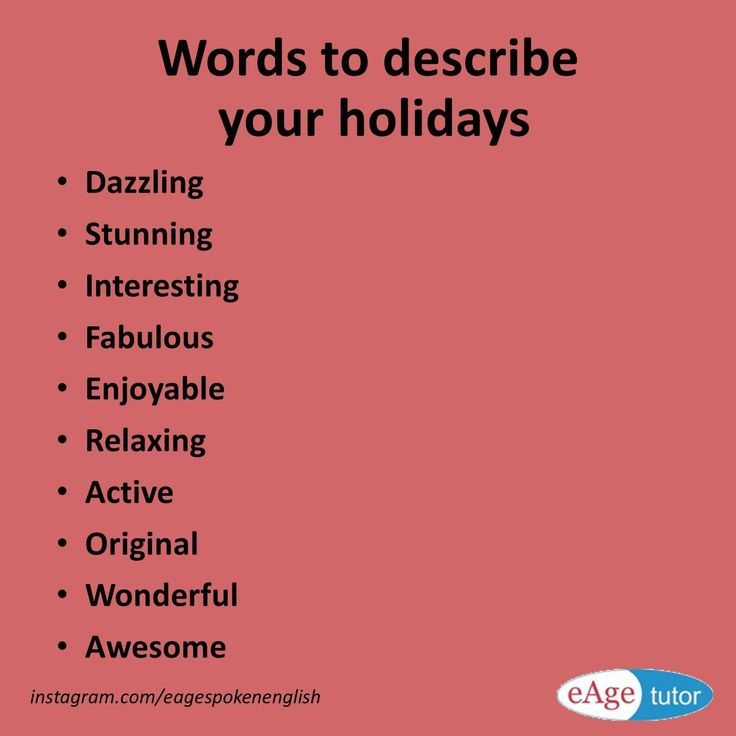
Pick up a copy of 39 ESL Vocabulary Activities to keep on the bookshelf in your office to use as a handy reference guide. Or, take the digital version with you to your favourite coffee shop for some lesson planning on the go. Whatever the case, get ready for some ESL teaching awesome in your life,
Head over to Amazon to find out more about the book today:
Have your say about these Describing Games and ActivitiesWhat’s your top pick for a describe the word game or activity? Is it one of the options from this list or do you have your eye on another one? Leave a comment below and let us know what you think. We’d love to hear from you.
Also be sure to give this article a share on Facebook, Pinterest, or Twitter. It’ll help other busy English teachers, like yourself, find this useful resource?
5 Senses ESL Activity for Vocabulary, Writing or Speaking
Last update on 2022-10-15 / Affiliate links / Images from Amazon Product Advertising API
Word games - For children and adults, for two and a large company
Word games are games in which the main type of interaction between players is speech.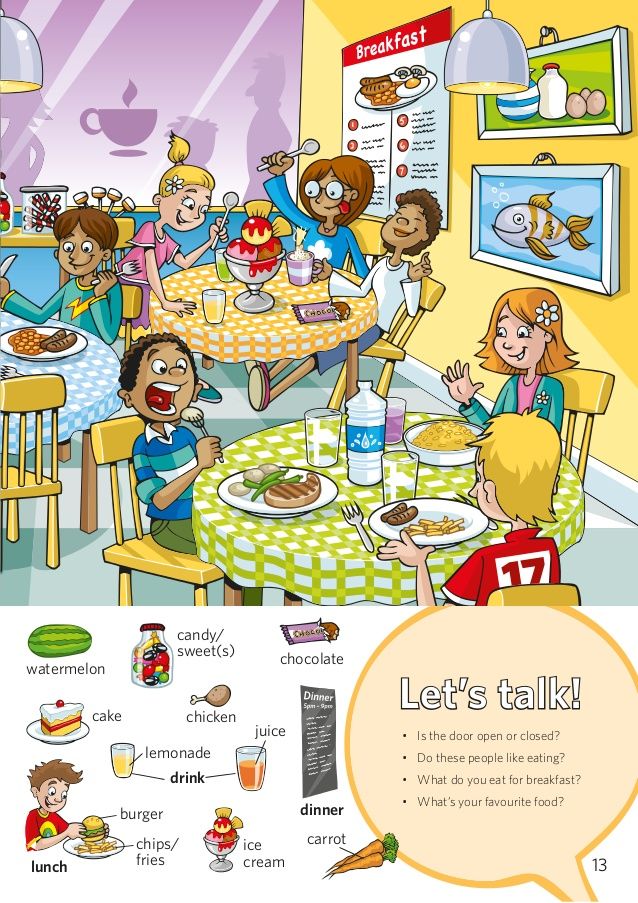 This way to pass the time has become popular and massive due to its versatility. Word games for children and adults help out during long boring trips, they can diversify a holiday for kids or a party, as well as dilute the sweet chatter of two lovers. It will be useful to have several games of this type in your piggy bank:
This way to pass the time has become popular and massive due to its versatility. Word games for children and adults help out during long boring trips, they can diversify a holiday for kids or a party, as well as dilute the sweet chatter of two lovers. It will be useful to have several games of this type in your piggy bank:
- parents of one or more little fidgets;
- to the organizer of any event for a small and medium company;
- to a young man who is preparing for a responsible first date;
- speech therapist, teacher of stage speech, head of the acting circle, primary school teacher.
Regular word games can be used to develop speech, memory, attentiveness, reaction speed, and horizons. In the age of high technology, you don’t even need a partner for this, you can play with any android device if it has a voice assistant that supports the function. For example, Yandex.Alisa willingly plays with the user in "Cities" or in "I believe - I do not believe.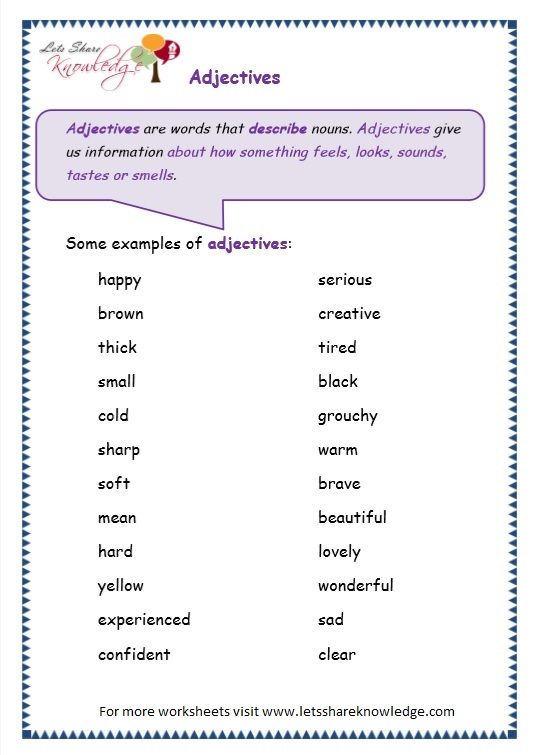 "
"
For children
Children of all ages love word games, except for the little ones who have not yet learned to speak. But even with them, such games can be played, provided that “cooking” and other onomatopoeia pass according to the rules, as full-fledged answers. Usually in such cases, the game is reduced to a simple repetition of the surrounding sounds, like a dog barking, like a kitten meowing, like a car “beeping”, etc.
Why it is important to do this every day:
- Speech activity. Children who do not yet speak will try to repeat the words after their parents, while the game will act as a stimulus. Older children who are engaged in a preparatory group for the development of speech will improve it, learn new words, consolidate recently learned ones, and hone their pronunciation.
- Erudition, logic, associative thinking. Word games include everyone's favorite puzzles that combine pleasure and benefit, capable of instilling in kids a passion for learning new things at an early age.
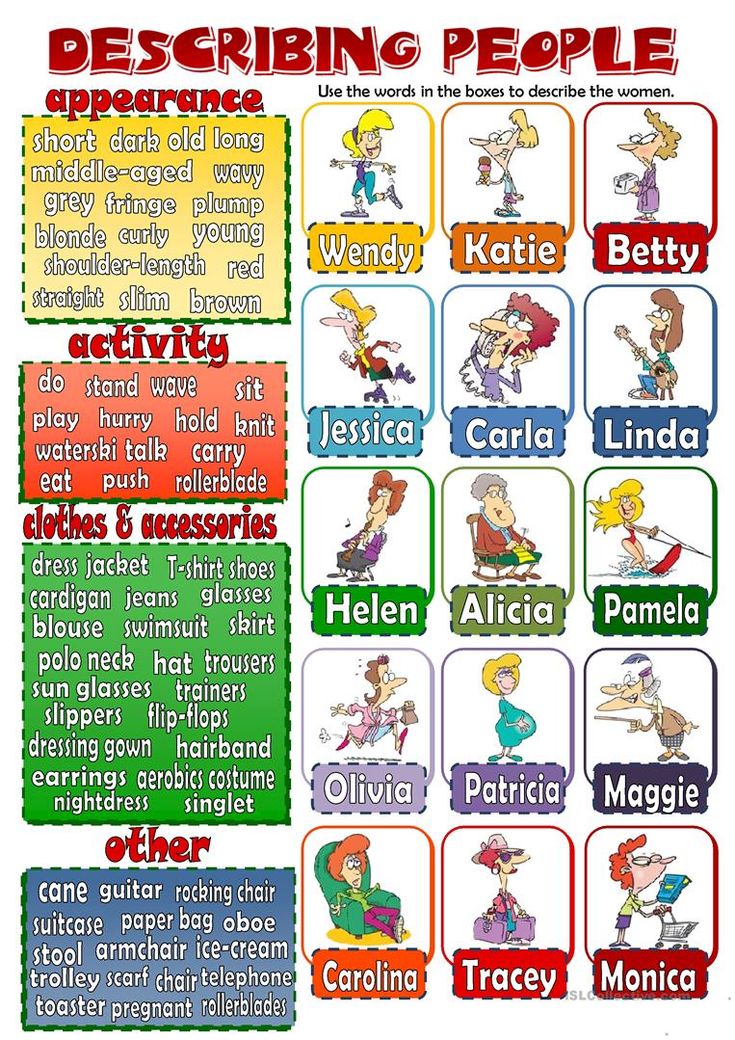
- Communication. Children work out the skills of communication and behavior in society precisely in games, since this is the leading type of activity for preschoolers and younger schoolchildren. If it is difficult for a child (one or several) to acclimatize in a team, just play one common game with everyone, then the kids will forget the constraint and instantly find a common language.
"An extra word"
The child is offered 3-5 words, from which they need to choose one single word that is in no way connected with the others. For example, a pencil, a notebook, a pencil case, a cow. The first 3 words can be combined into the category "school supplies", but the last one does not belong to this category and is superfluous. Even the average kindergarten group can cope with the exercise in the simplest version, but by complicating it from time to time, you can help the baby not only learn new words, but also learn to fully understand their essence.
"I went to the attic"
Memory and imagination game that can be played in the older group.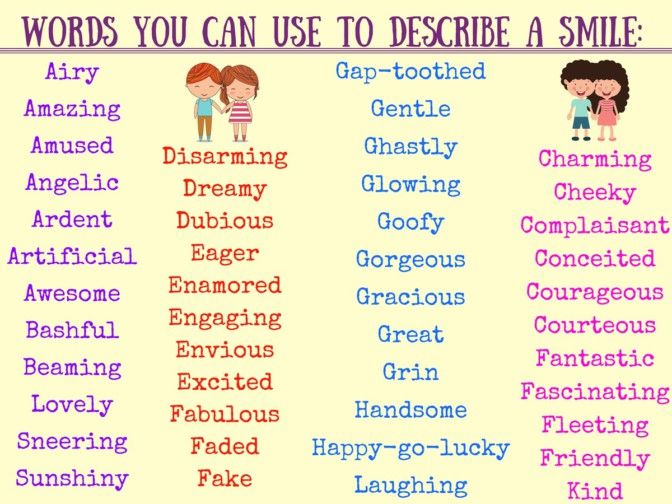 The first player says "I went to the attic and found ...", the found item is invented without any rules and laws, while the more complex and intricate, the better. For example, "I went to the attic and found an old green cuttlefish!". The next player does the same, but adds his find to the previous one, like this: “I went to the attic and found an old green cuttlefish and a purple space boot!”. The third player adds his find, the fourth his own, and so on. When the players run out, the list of finds is not reset, the last player is replaced by the first, and the circle continues. The game ends when one of the players fails.
The first player says "I went to the attic and found ...", the found item is invented without any rules and laws, while the more complex and intricate, the better. For example, "I went to the attic and found an old green cuttlefish!". The next player does the same, but adds his find to the previous one, like this: “I went to the attic and found an old green cuttlefish and a purple space boot!”. The third player adds his find, the fourth his own, and so on. When the players run out, the list of finds is not reset, the last player is replaced by the first, and the circle continues. The game ends when one of the players fails.
IMPORTANT! The more complex and enchanting the “finds”, the more fun the game is, the more children use their imagination and imagination.
"Once upon a time"
If your child is in the older group, then we recommend choosing more complex speech games for him, involving the compilation of complex sentences, fantasy work and creative thinking.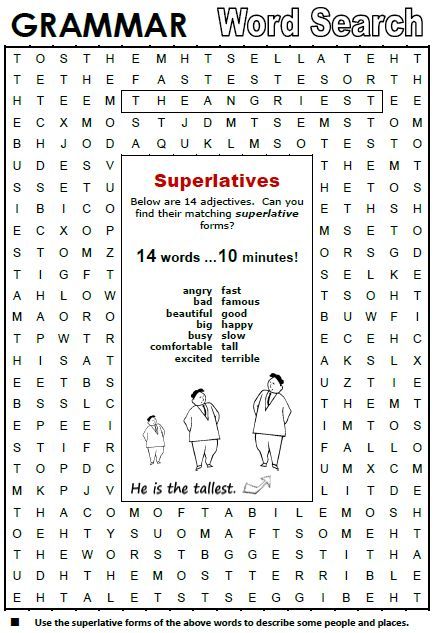 One of these games is called Once Upon a Time, it will teach the child to compose their own fairy tales.
One of these games is called Once Upon a Time, it will teach the child to compose their own fairy tales.
The leader (adult), starting with the words "once upon a time" sets the direction of the plot in several sentences, the task of the child is to continue them. If there are several children, then each in turn adds their few sentences to the fairy tale. The task of an adult is to lead and correct the plot so that the fairy tale turns out to be exciting, dynamic and fun, and also to complicate the task by throwing in complex elements.
For adults
Adults can use speech games in many ways: it's a way to kill time, and a good exercise to keep their speech, communication and improvisation skills on their toes. And if everything is very clear with leisure, then few people know about the use of games for self-development. Specialists who often have to deal with speech games during preparation can be counted on the fingers:
- actors, orators and readers;
- announcers, TV presenters, radio hosts, bloggers;
- diplomats, negotiators.
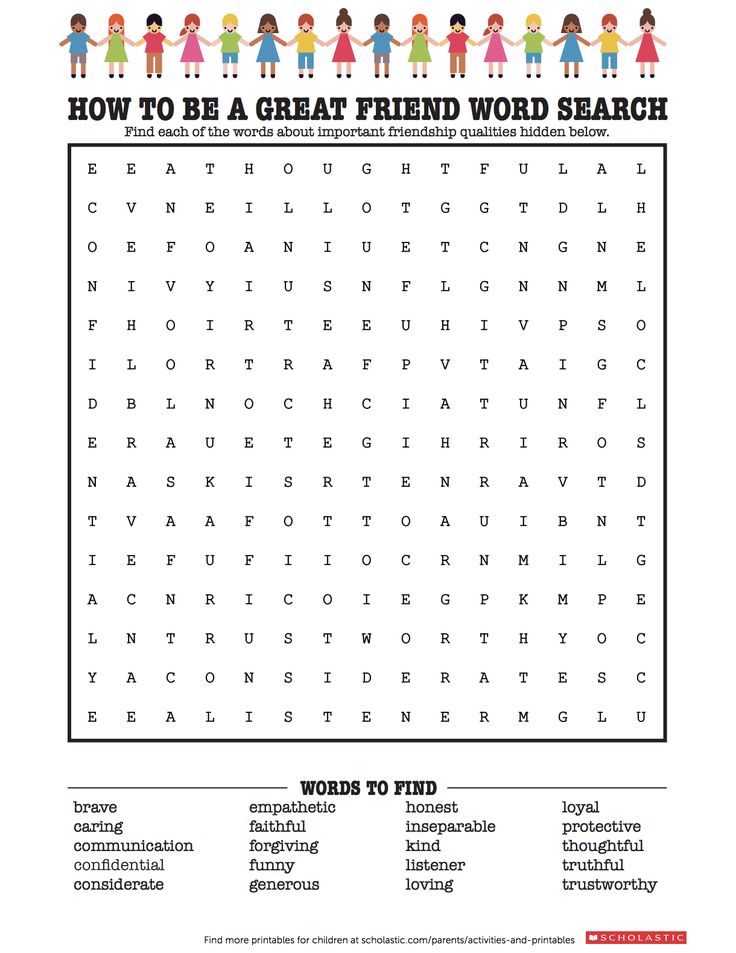
Please note that for all the listed professions and activities, a mandatory professional skill is not only the ability to speak beautifully, but also resourcefulness, the ability not to get lost in difficult situations.
For a person who does not pursue the goal of making a career as an artist or media person, games can help to do the following:
- Remove parasitic words and interjections from speech.
- Learn to build sentences quickly and correctly.
- Learn to structure speech and express your thoughts as concisely as possible.
- Learn to quickly find the answer to any question and easily maintain a conversation with any interlocutor.
These skills will come in handy at work, in your personal life, at home, and wherever you need to talk. In addition, confident speech is an attribute of a confident person, so difficulties with complexes can also be completely or partially eliminated with the help of speech exercises.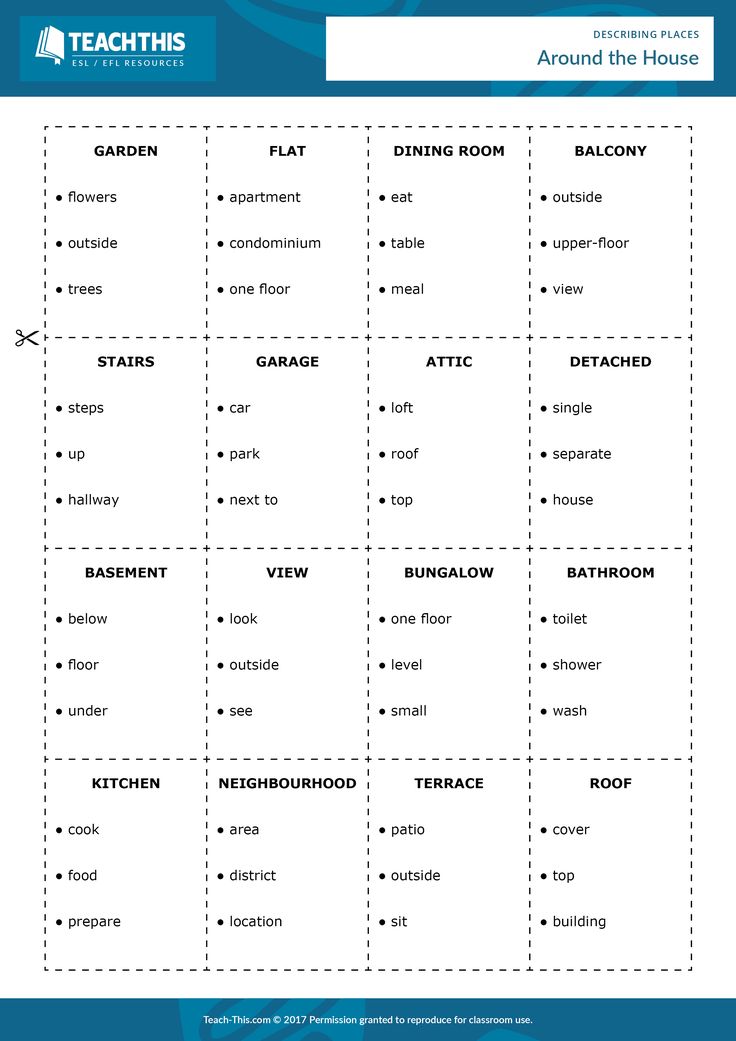
Tweedledee
A simple attention and memory game in which players count from one to infinity or any agreed number, such as one hundred. During the counting, the numbers are called by the players in turn and very quickly. The essence of the game is that all numbers that are divisible without a remainder by a certain number, for example, by 9, must be replaced by the word "tweedledee". Seven, eight, tweedledee, ten, eleven, etc. The one who stumbles or makes a mistake takes off, the last one remaining in the game wins.
The game trains the ability to process and apply various information in parallel, and also develops short-term memory.
Associations
There are an infinite number of options for playing associations, they all train associative thinking, thanks to which you can create a conversation from nothing and talk endlessly. This version of the game is more complex, suitable for both two people and companies, and allows you to have fun.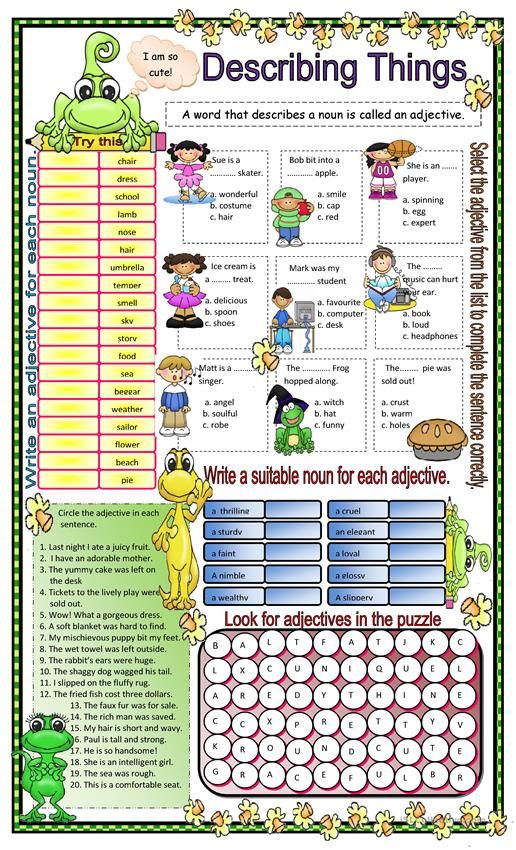
A team of players (or one player if two players play) guesses a person from the team or from a certain circle of mutual acquaintances. The host must guess who the team has guessed by asking leading questions-associations. Sample questions:
- If man were an element, would he be fire or water?
- If man were an animal, would he be a cat, a bear, or a cow?
- If man were a plant, would he be an eggplant, a nettle, or a camomile?
At first glance, the questions seem to make no sense, because associative thinking is not yet your forte. After a few minutes of practice, you will learn to notice the similarities between the characters of people and objects and use them in the game.
"P"
A "charade" game for several players. The host receives a word from any player, his task is to explain to the others what the word is, using only words with the letter "P". For example, the word "car" can be explained as follows: parked, washed, drove.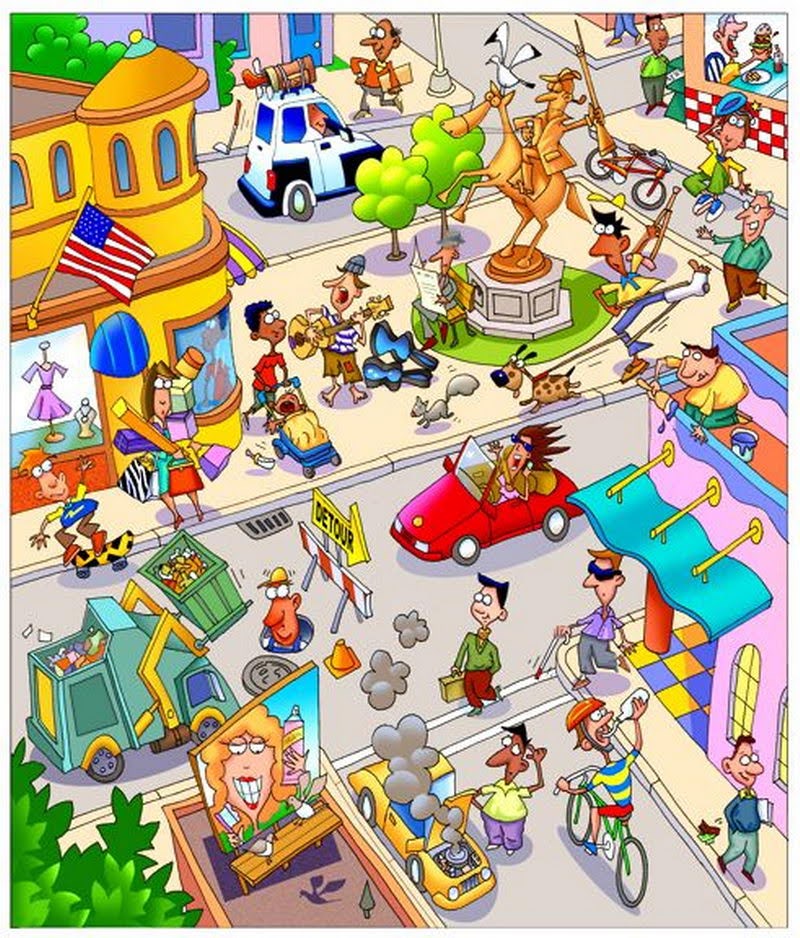 You can give hints to the players if all the words in them are also in "P": almost right, wait, think, bad, complete failure, etc.
You can give hints to the players if all the words in them are also in "P": almost right, wait, think, bad, complete failure, etc.
For two
dates, the purpose of which is twofold. On the one hand, games can fill the time if the conversation does not stick, on the other hand, you can relax and get closer. Why is the game liberating? Because it has a simple and understandable framework, within which it is incommensurably easier to exist than outside of them, that is, in a world where there are more conventions and not all of them are obvious. To put it simply, when you get into the game, you stop thinking about what to say now, because it is determined by the game, you do not worry about your behavior, because it is currently playing. Thus, by discarding the anxieties characteristic of a first date, you are better revealed as a person and as an interlocutor.
With the help of the game you can:
- flirt;
- give compliments;
- joke;
- ask sensitive questions.
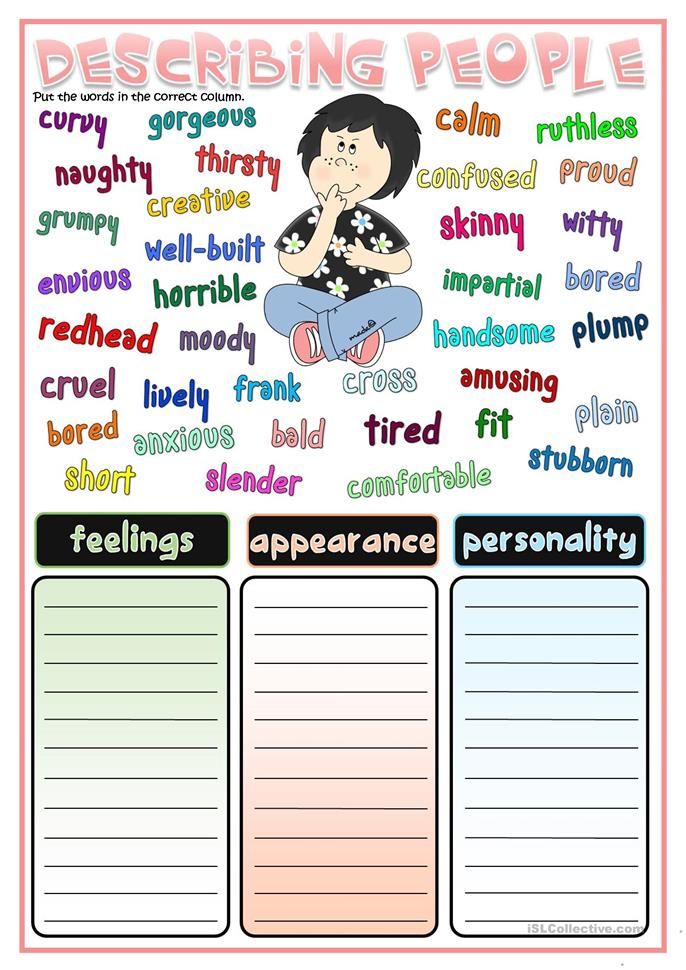
Every couple has experienced a moment when both are interested in the same question, but no one dares to voice it directly. This can always be done through the game.
"Unfortunately and fortunately"
This game is reminiscent of the children's "Once upon a time", it is also based on composing a plot or dialogue, but it also has its own characteristics. The couple is divided into a "pessimist", who begins his phrase with the words "unfortunately", and an "optimist", whose phrase begins with the words "fortunately".
- Unfortunately, it's raining outside.
– Luckily we have an umbrella.
- Unfortunately, there is only one umbrella.
– Luckily we can both fit under it.
"Out of place"
One player asks questions to another, the task of the "respondent" is to answer in such a way that the answer has nothing to do with the question. It is impossible to answer in monosyllables (yes, no, I don’t know, etc.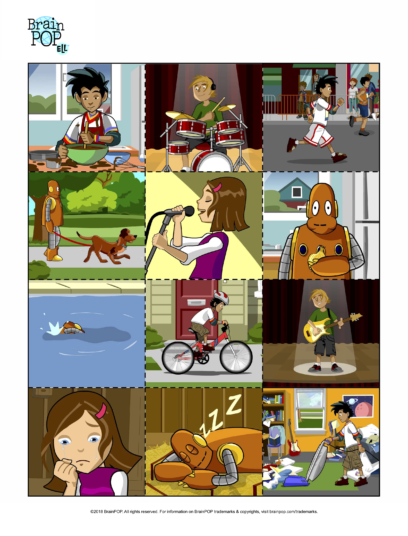 ), it is impossible to answer meaningfully, a loss is counted for a violation. Players can change places as many times as they like and set any limits in the game, after which the “respondent” will be considered the winner.
), it is impossible to answer meaningfully, a loss is counted for a violation. Players can change places as many times as they like and set any limits in the game, after which the “respondent” will be considered the winner.
For the company
Games created exclusively for leisure are based on creating funny situations that you can laugh at together and without malice. Interesting word games for the company fit well into events where there are a lot of random or unfamiliar people, because being in an unfamiliar company is always stress, without which leisure time will not take place. Stress itself arises due to the fear of being rejected in a new society, it forces a person to monitor, evaluate and correct behavior all the time so as not to seem stupid, funny, weak, or not to show any other shortcomings in public.
The game, on the other hand, does the opposite: it creates conditions in which everyone present takes turns making everyone else laugh, while at the same time giving everyone the opportunity to laugh at the rest.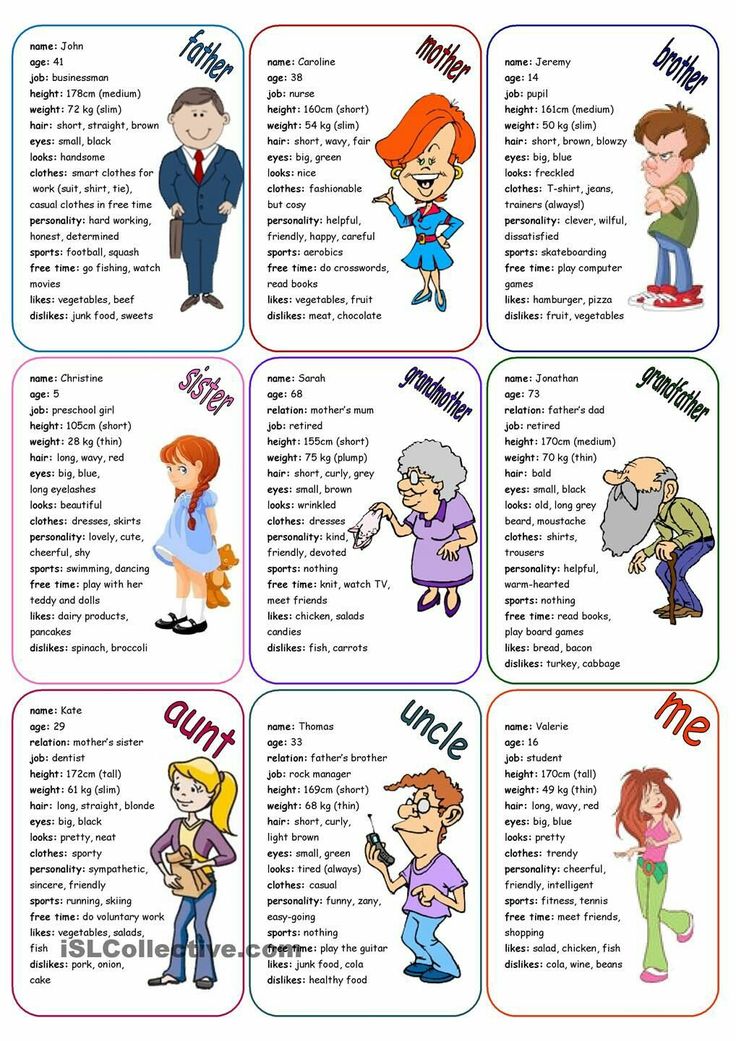 After such a “ritual”, there is no point in putting on a mask of unattainable seriousness, because all those present together have already been in a relaxed atmosphere and relaxed. It's time to communicate, make new acquaintances, exchange contact information and enjoy the party.
After such a “ritual”, there is no point in putting on a mask of unattainable seriousness, because all those present together have already been in a relaxed atmosphere and relaxed. It's time to communicate, make new acquaintances, exchange contact information and enjoy the party.
"One answer"
Before the start of the game, participants are invited to draw cards with words. One member, one word. After that, the leader enters the circle and begins to ask questions to all the players in turn. The answer to each question should be the word from the card, modified if the structure of the question requires it. The facilitator's task is to select such questions so that the answer sounds as funny as possible. The player who laughs is eliminated, the winner is the most unflappable.
For example, if the word on the player's card is "badger":
– Who did you study for at the institute?
- On a badger.
What year were you born in?
- Badger.
– Last name, first name, patronymic?
- Barsuk Barsukovich Barsukov.
"Never Never"
Each participant is given 10 chips, they can be any identical small items, such as matches or buttons. After that, the players take turns admitting to something that they have never done in their lives. For example, the first player says: I have never jumped off a roof. Those players who cannot say the same about themselves give the first player one chip each, the rest remain with their own. For example, of all those present, only three jumped from the roof, which means that the first player receives three chips.
To illustrate, if a player says they've never been to Mars, they won't get any tokens because no one else has been there either. And if he declares that he has never watched TV, he will receive a chip from each. Before the game, you should agree not to cheat, because it will be quite simple to do this.
Word games for the New Year
The task of the New Year's game is to create or maintain a festive mood in a company that can include adults, teenagers, and small children.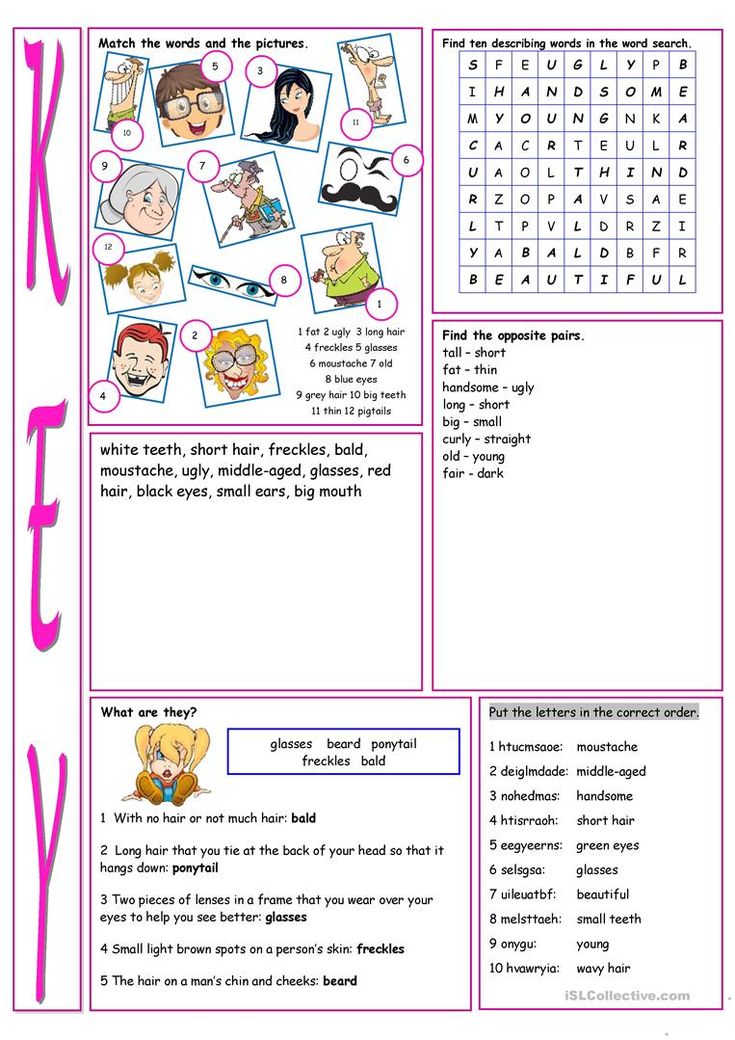 The New Year's word games are usually led by Santa Claus, an animator or a disguised acquaintance, but any party participant can replace him.
The New Year's word games are usually led by Santa Claus, an animator or a disguised acquaintance, but any party participant can replace him.
“Decorating the Christmas tree”
A chants game for a round dance with children. The rules are very simple: the presenter in poetic form lists the items that he wants to hang on the Christmas tree. If the objects can be hung, the round dance shouts “yes”, if not, “no”.
- Toys and garlands?
- Yes!
- Balconies and verandas?
- No!
– Mattresses and pillows?
- No!
– Glass animals?
- Yes!
There should be no losers and winners, the goal of the game is to shout and have fun. We advise you to prepare a long list of confusing and tricky items so that the task does not seem easy to anyone.
"Mute Santa Claus"
A pair of adults is chosen for the game - Santa Claus and the Snow Maiden.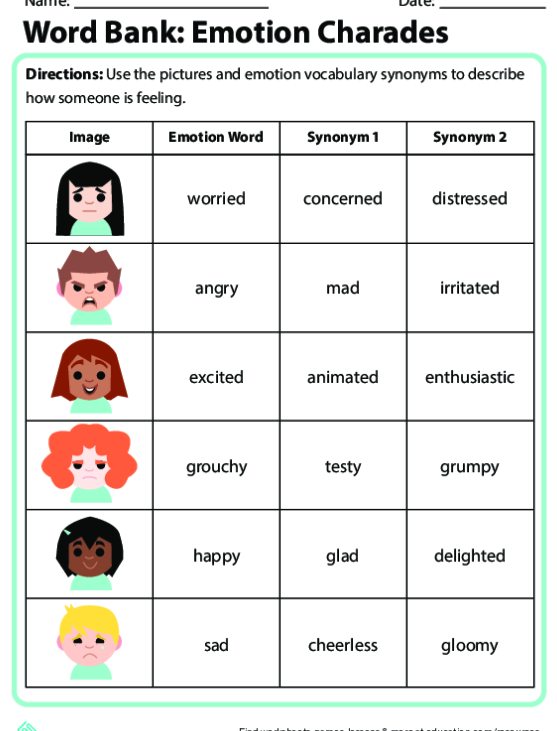 The grandfather was speechless, so he congratulates the audience with gestures and movements, and the Snow Maiden diligently translates everything into words. The task of the players is to cooperate and read the full text of the congratulations to the audience (it can be prepared in advance).
The grandfather was speechless, so he congratulates the audience with gestures and movements, and the Snow Maiden diligently translates everything into words. The task of the players is to cooperate and read the full text of the congratulations to the audience (it can be prepared in advance).
It is important that neither Santa Claus nor the Snow Maiden know what text awaits them. For even greater effect, you can invite couples to compose texts, and then mix them up so that no one gets their own.
Spruce Words
This game can be played without getting up from the table. Participants take turns calling words that contain "spruce". For example, Christmas Eve, carousel, bill, squirrel, orange. Words must be nouns in the nominative case, without proper names and foreign words, not counting borrowed ones. If a player cannot name a word, he flies out, the winner is the most persistent.
Word games • Arzamas
You have Javascript disabled.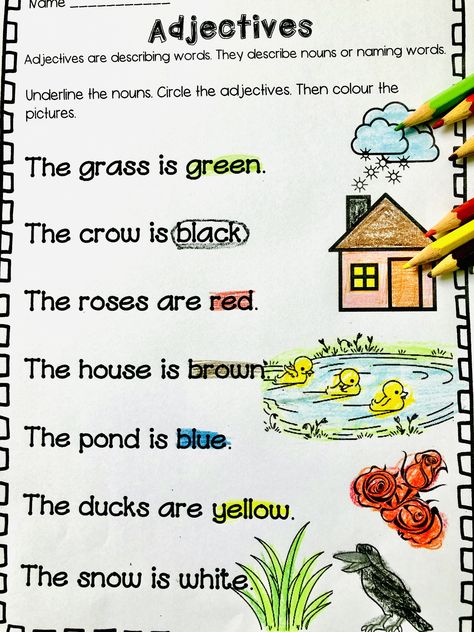 Please change your browser settings.
Please change your browser settings.
Materials
Arzamas for classes with schoolchildren! A selection of materials for teachers and parents
Everything you can do in an online lesson or just for fun
Cartoons are festival winners. Part 2
Tales, parables, experiments and absurdity
Guide to Yasnaya Polyana
Leo Tolstoy's favorite bench, greenhouse, stable and other places of the writer's estate worth seeing with children named Petya
Migrants: how to fight for their rights with the help of music
Hip-hop, carnival, talking drums and other non-obvious ways
Old records: fairy tales of the peoples of the world
We listen and analyze the Japanese, Italian, Scandinavian and Russian fairy tales
Video: The ISS commander asks the scientist about space
Lecture at an altitude of 400 kilometers
How to make a film
Film of horrors, comedy and melodrama at home
The most unusual animation techniques
VR, sunbeams, jelly and spice cartoons
Play the world's percussion instruments
Learn how the gong, marimba and drum work and build your own orchestra
How to put a performance
shadows, reading and other home performance options for children
Soviet puzzles
Solve children's puzzles of the 1920-70s
22 Cartoon for the smallest
What if you are not six
From "The Wild Dog Dingo" to "Timur and his team"
What you need to know about the main Soviet books for children and adolescents
A guide to children's poetry of the 20th century
From Agnia Barto to Mikhail Yasnov: children's poems in Russian
10 books by artists
The pages of tracing paper are a Milanese fog, and the binding is the border between reality and fantasy
How to choose a modern children's book
“Like Pippi, only about love”: explaining new books through old ones
Verbal games
"Hat", "telegrams", "MPS" and other old and new games
Games from classic books
What the heroes of the works of Nabokov, Lindgren and Milne play
Plasticine animation: Russian school
From "Plasticine Crow" to plasticine "Sausage"
Cartoons - winners of festivals
"Brave Mom", "My Strange Grandfather", "A Very Lonely Rooster" and others
Non-fiction for children
How the heart beats whale, what's inside the rocket and who plays the didgeridoo - 60 books about the world around
Guide to foreign popular music
200 artists, 20 genres and 1000 songs that will help you understand the music of the 1950s-2000s
Cartoons based on poems
Poems by Chukovsky, Kharms, Gippius and Yasnov in Russian animation
Home games
Shadow theater, crafts and paper dolls from children's books and magazines of the 19th–20th centuries
Books for the smallest
0 to 5: read, look at, study
Puppet animation: Russian school
Amorous Crow, Imp No.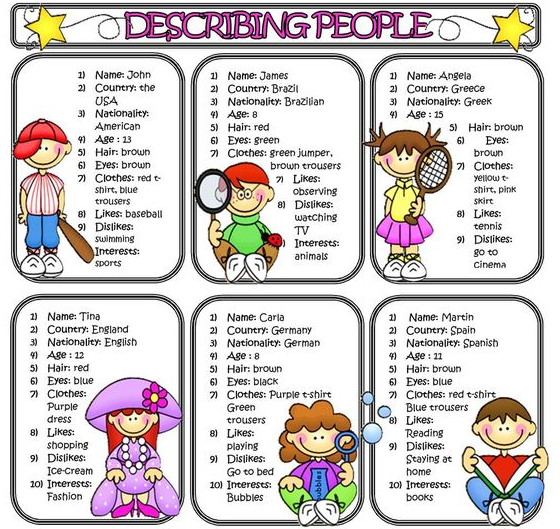 13, Lyolya and Minka and other old and new cartoons
13, Lyolya and Minka and other old and new cartoons
Clever coloring books
Museums and libraries offer to paint their collections
Reprints and reprints of children's books
Favorite fairy tales, stories and magazines of the last century, which can be bought again
What can be heard in classical music by voices
3 cuckoos and night forest sounds in great compositions of the 18th–20th centuries
Soviet educational cartoons
Archimedes, dinosaurs, Antarctica and space — popular science cartoons in the USSR
Logic problems
Solve the wise men's dispute, make a bird out of a shirt and correctly count kittens
Modern children's stories
The best short stories about grandmothers, cats, spies and knights
why you can't lie down on the edge. Bonus: 5 lullabies by the Naadya group
Musical fairy tales
How Tchaikovsky, Rimsky-Korsakov and Prokofiev work with the plots of children's fairy tales
Armenian School of Animation
The most rebellious cartoons of the Soviet Union
Dina Goder’s collection of cartoons
The program director of the Big Cartoon Festival advises what to watch with a child
Cartoons about art
How to tell children about art
40 riddles about everything in the world
What burns without fire and who has a sieve in his nose: riddles from "Chizh", "Hedgehog" and books by Marshak and Chukovsky
Yard games
"Traffic light", "Stander", "Ringlet" and other games for a large company
Poems that are interesting to learn by heart
What to choose if you were asked to learn a poem about mother, New Year or autumn
Old audio performances for children
"Ole Lukoye", "The Gray Sheika", "Cinderella" and other interesting Soviet recordings
Cartoons with classical music
How animation works with the music of Tchaikovsky, Verdi and Glass
How children's rhymes work
"Ene, bene, slave, kvanter, manter, toad": what does it all mean
"Hat", "telegrams", "MPS" and other games that require almost nothing but companies and desire to have a good time
Author Lev Gankin
Primer “A.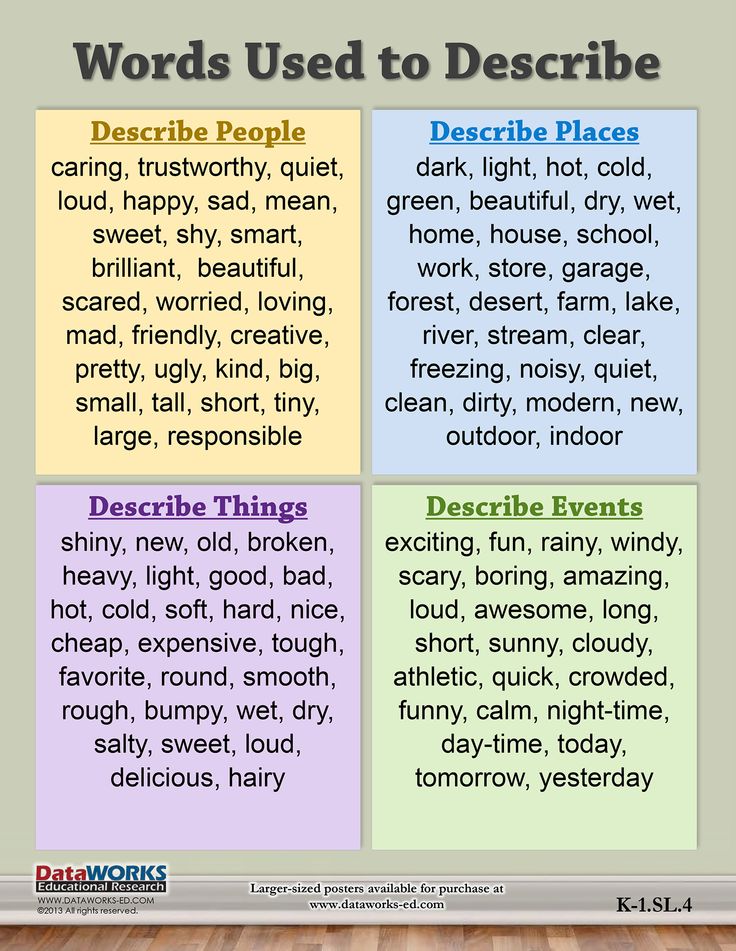 B. C. Trim, alphabet enchanté. Illustrations by Bertal. France, 1861 Wikimedia Commons
B. C. Trim, alphabet enchanté. Illustrations by Bertal. France, 1861 Wikimedia Commons Oral games
Associations
Game for a big company. The host briefly leaves the room, during which time the rest decide which of those present they will guess (this may be the host himself). Upon returning, the player asks the others questions - what flower do you associate this person with, what vehicle, what part of the body, what kitchen utensils, etc. - in order to understand who is hidden. Questions can be very different - this is not limited by anything other than the imagination of the players. Since associations are an individual matter and an exact match may not happen here, it is customary to give the guesser two or three attempts. If the company is small, you can expand the circle of mutual acquaintances who are not present at that moment in the room, although the classic version of "associations" is still a hermetic game.
Game of P
A game for a company of four people, an interesting variation on the "hat" theme (see below), but does not require any special accessories.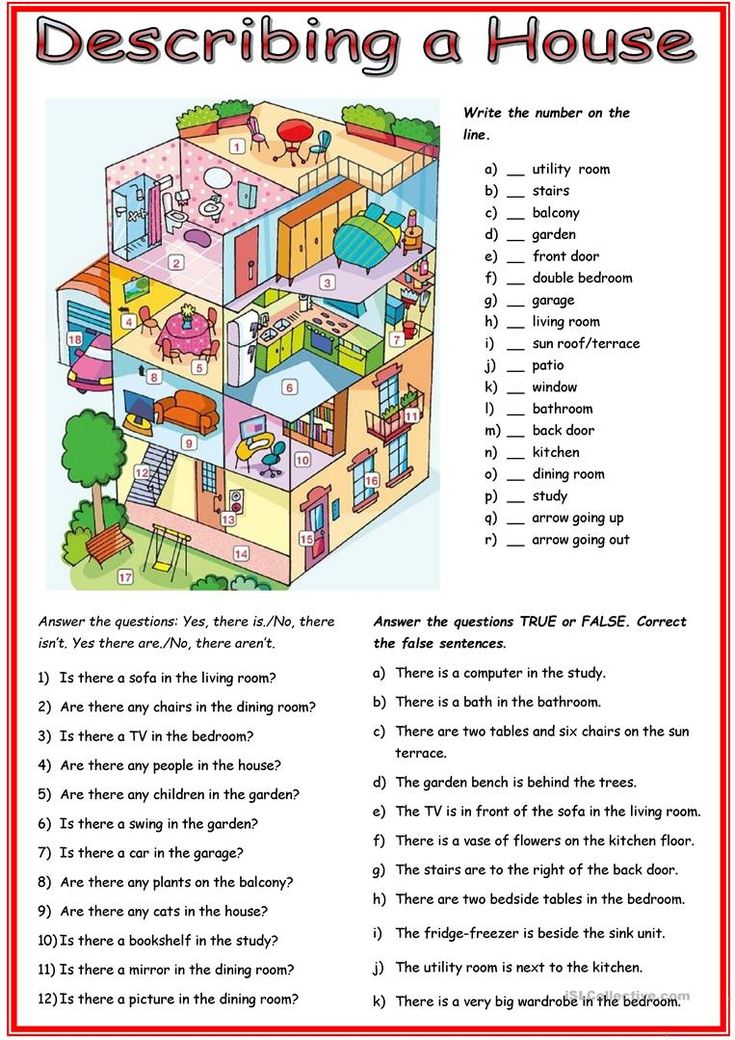 One player guesses a word to another, which he must explain to the others, but he can only use words starting with the letter "p" (any, except for the same root). That is, the word "house" will have to be explained, for example, as follows: "I built - I live." If you couldn’t guess right away, you can throw up additional associations: “building, premises, space, the simplest concept ...” And at the end add, for example, “Perignon” - by association with Dom Perignon champagne. If the guessers are close to winning, then the facilitator will need comments like “about”, “approximately”, “almost right” - or, in the opposite situation: “bad, wait!”. Usually, after the word is guessed, the explainer comes up with a new word and whispers it into the ear of the guesser - he becomes the next leader.
One player guesses a word to another, which he must explain to the others, but he can only use words starting with the letter "p" (any, except for the same root). That is, the word "house" will have to be explained, for example, as follows: "I built - I live." If you couldn’t guess right away, you can throw up additional associations: “building, premises, space, the simplest concept ...” And at the end add, for example, “Perignon” - by association with Dom Perignon champagne. If the guessers are close to winning, then the facilitator will need comments like “about”, “approximately”, “almost right” - or, in the opposite situation: “bad, wait!”. Usually, after the word is guessed, the explainer comes up with a new word and whispers it into the ear of the guesser - he becomes the next leader.
Lectures for children on this topic:
Course of lectures for children about the languages of the world
How many languages there are in the world, how they differ and how they are similar to each other
Course of lectures for children about strange and new words of the Russian language
Why linguists study jargon, parasitic words and speech errors
Primer "A.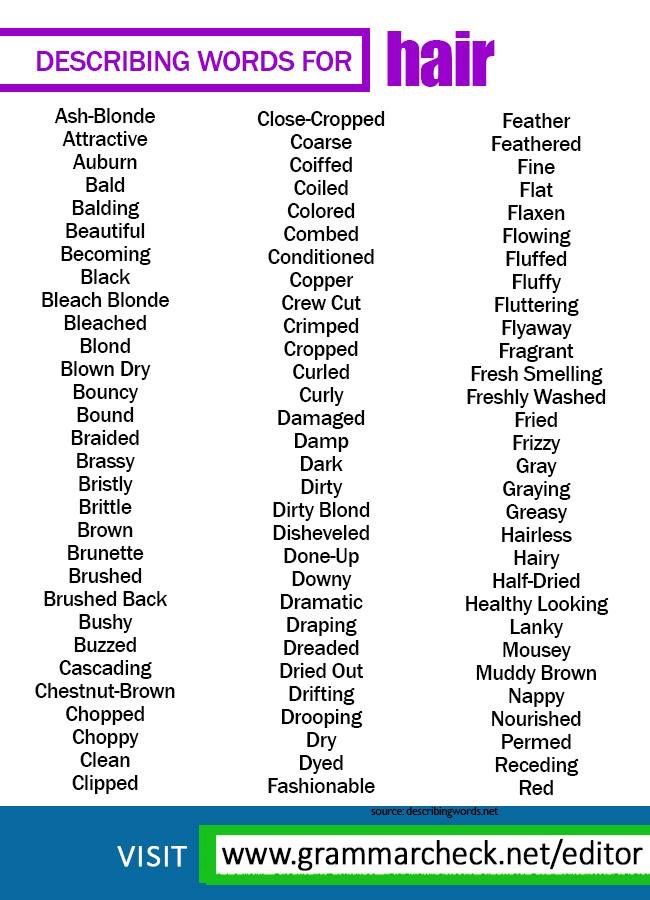 B. C. Trim, alphabet enchanté. Illustrations by Bertal. France, 1861 Wikimedia Commons
B. C. Trim, alphabet enchanté. Illustrations by Bertal. France, 1861 Wikimedia Commons Say the Same Thing
An upbeat and fast-paced game for two, named after a video clip by the inventive rock band OK Go, from which many people learned about it (the musicians even developed a mobile application that helps to play it from a distance, although it is currently unavailable). The meaning of the game is that on the count of one-two-three each of the players pronounces a randomly chosen word. Further, the goal of the players is, with the help of successive associations, to come to a common denominator: for the next time, two or three, both pronounce a word that is somehow connected with the previous two, and so on until the desired coincidence occurs. Suppose the first player said the word "house" and the second player said the word "sausage"; in theory, they can coincide very soon, if on the second move after one-two-three both say "store". But if one says “shop”, and the other says “refrigerator” (why not a sausage house?), then the game can drag on, especially since it’s impossible to repeat - neither the store nor the refrigerator will fit, and you will have to think, say, before "refrigerator" or "IKEI".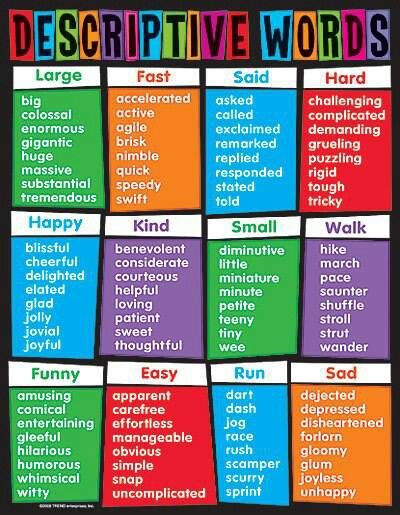 If the original words are far from each other (for example, "curb" and "weightlessness"), then the gameplay becomes completely unpredictable.
If the original words are far from each other (for example, "curb" and "weightlessness"), then the gameplay becomes completely unpredictable.
Characters
A game for the company (the ideal number of players is from four to ten), which requires from the participants not only a good imagination, but also, preferably, a little bit of acting skills. As usual, one of the players briefly leaves the room, and while he is gone, the rest come up with a word, the number of letters in which matches the number of participants remaining in the room. Next, the letters are distributed among the players, and a character is invented for each of them (therefore, words that contain "b", "s" or "b" do not fit). Until the word is guessed, the players behave in accordance with the chosen character - the leader's task is to understand exactly what characters his partners portray and restore the hidden word. Imagine, for example, that a company consists of seven people. One leaves, the rest come up with a six-letter word "old man" and distribute roles among themselves: the first, say, will be with indoor, the second - t erpel, the third - a secondary, the fourth - p asylum, the fifth - and mane and sixth - to ovary.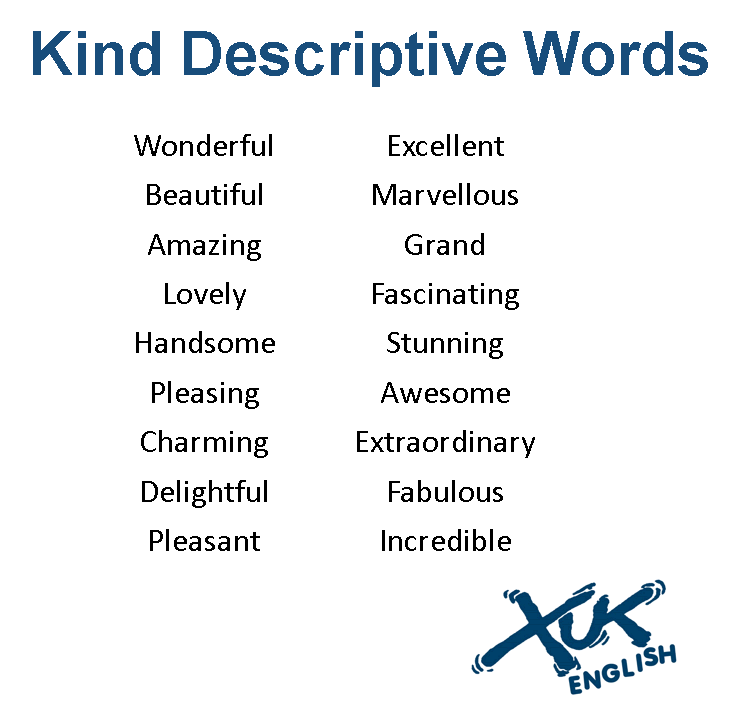 The returning player is greeted by a cacophony of voices - the company "lives" their roles until they are unraveled, and the host asks the players questions that help reveal their image. The only condition is that as soon as the presenter pronounces the correct character - for example, guesses the insidious one - he must admit that his incognito has been revealed and announce the number of his letter (in the word "old man" - the sixth).
The returning player is greeted by a cacophony of voices - the company "lives" their roles until they are unraveled, and the host asks the players questions that help reveal their image. The only condition is that as soon as the presenter pronounces the correct character - for example, guesses the insidious one - he must admit that his incognito has been revealed and announce the number of his letter (in the word "old man" - the sixth).
Recognize the song
A game for a company of four to five people. The host leaves, and the remaining players choose a well-known song and distribute its words among themselves - each word. For example, the song “Let there always be sun” is guessed: one player gets the word “let”, the second - “always”, the third - “will be”, the fourth - “sun”. The host returns and begins to ask questions - the most varied and unexpected: "What is your favorite city?", "Where does the Volga flow?", "What to do and who is to blame?". The task of the respondents is to use their own word in the answer and try to do it in such a way that it does not stand out too much; you need to answer quickly and not very extensively, but not necessarily truthfully. Answers to questions in this case can be, for example, “It’s hard for me to choose one city, but let today it will be Rio de Janeiro" or "Volga - into the Caspian, but this does not happen always , every third year it flows into the Black". The presenter must catch which word is superfluous in the answer and guess the song. They often play with lines from poetry rather than from songs.
The task of the respondents is to use their own word in the answer and try to do it in such a way that it does not stand out too much; you need to answer quickly and not very extensively, but not necessarily truthfully. Answers to questions in this case can be, for example, “It’s hard for me to choose one city, but let today it will be Rio de Janeiro" or "Volga - into the Caspian, but this does not happen always , every third year it flows into the Black". The presenter must catch which word is superfluous in the answer and guess the song. They often play with lines from poetry rather than from songs.
Pickup
A game for four people divided into pairs (in principle, there can be three or four pairs). The mechanics is extremely simple: the first player from the first pair whispers a word (a common noun in the singular) into the ear of the first player from the second pair, then they must take turns calling their associations with this word (in the same form - common nouns; cognate words cannot be used ).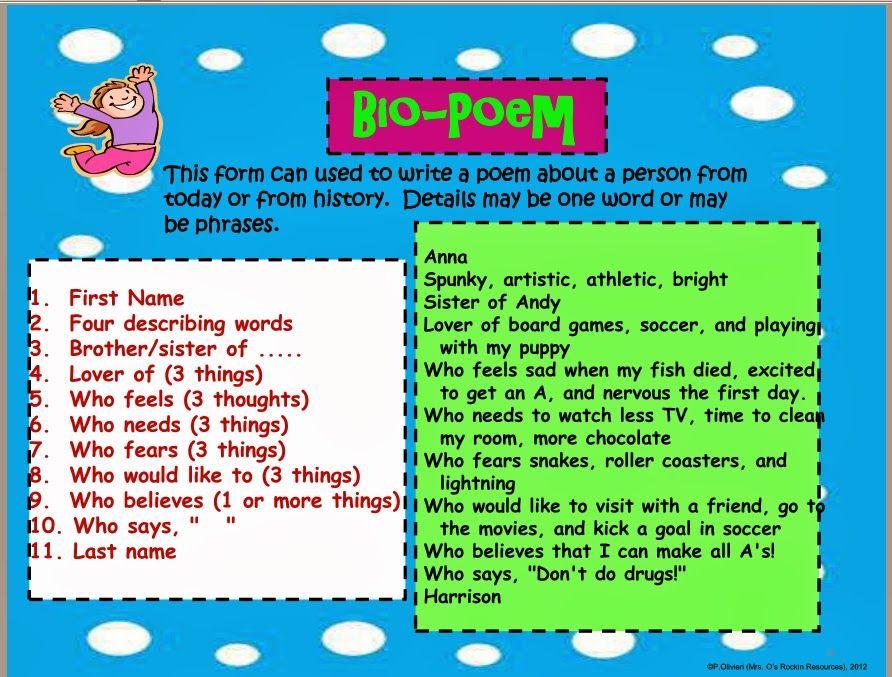 After each association, the teammate of the player who voiced it calls out his word, trying to guess if it was originally guessed - and so on, until the problem is solved by someone; at the same time, all associations already sounded in the game can be used in the future, adding one new one at each move. For example, suppose there are players A and B on one team, and C and D on the other. Player A whispers the word "old man" into player C's ear. Player C says aloud to his partner D: "age". If D immediately answers "old man", then the pair of C and D scores a point, but if he says, for example, "youth", then the move goes to player A, who, using the word "age" suggested by C (but discarding the irrelevant to the case "youth" from D), says to his partner B: "age, man." Now B will probably guess the old man - and his team with A will already earn a point. But if he says "teenager" (thinking that it is about the age when boys turn into men), then C, to whom the move suddenly returned, will say " age, man, eightieth birthday”, and here, probably, “old man” will be guessed.
After each association, the teammate of the player who voiced it calls out his word, trying to guess if it was originally guessed - and so on, until the problem is solved by someone; at the same time, all associations already sounded in the game can be used in the future, adding one new one at each move. For example, suppose there are players A and B on one team, and C and D on the other. Player A whispers the word "old man" into player C's ear. Player C says aloud to his partner D: "age". If D immediately answers "old man", then the pair of C and D scores a point, but if he says, for example, "youth", then the move goes to player A, who, using the word "age" suggested by C (but discarding the irrelevant to the case "youth" from D), says to his partner B: "age, man." Now B will probably guess the old man - and his team with A will already earn a point. But if he says "teenager" (thinking that it is about the age when boys turn into men), then C, to whom the move suddenly returned, will say " age, man, eightieth birthday”, and here, probably, “old man” will be guessed.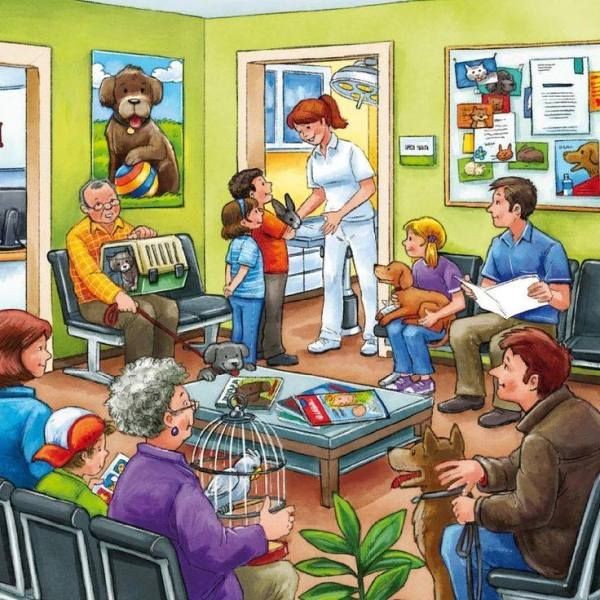 In one of the variants of the game, it is also allowed to "shout": this means that, having suddenly guessed what was meant, the player can shout out the option not on his turn. If he guessed right, his team will get a point, but if he rushed to conclusions, the team will lose a point. They usually play up to five points.
In one of the variants of the game, it is also allowed to "shout": this means that, having suddenly guessed what was meant, the player can shout out the option not on his turn. If he guessed right, his team will get a point, but if he rushed to conclusions, the team will lose a point. They usually play up to five points.
IPU
Game for a big company. Here we are forced to warn readers that, having seen this text in full, you will never be able to drive again - the game is one-time.
Spoiler →
First, the player who gets to drive leaves the room. When he returns, he must find out what MPS means - all that is known in advance is that the bearer of this mysterious abbreviation is present in the room right now. To find out the correct answer, the driver can ask other players questions, the answers to which should be formulated as “yes” or “no”: “Does he have blond hair?”, “Does he have blue eyes?”, “Is this a man?”, “He in jeans?", "Does he have a beard?"; moreover, each question is asked to a specific player, and not to all at once.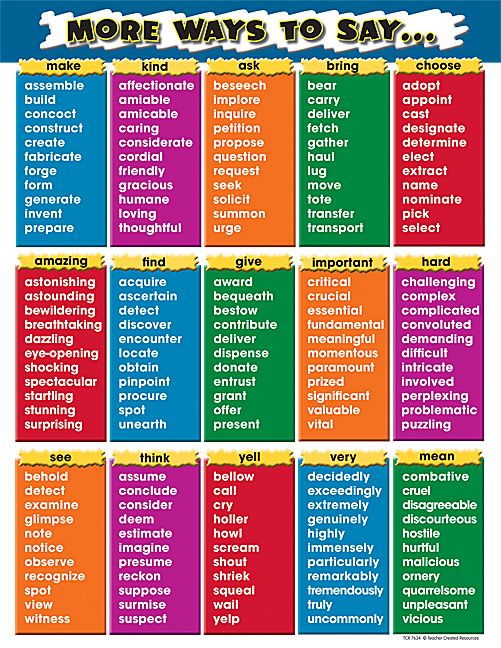 Most likely, it will quickly become clear that there is simply no person in the room who meets all the criteria; Accordingly, the question arises, according to what principle the players give answers. "Opening" this principle will help answer the main question - what is MPS. The Ministry of Railways is not the Ministry of Communications at all, but m oy p right s seated (that is, each player always describes the person sitting to his right). Another option is COP, to then to answered to last (that is, everyone talks about who answered the previous question).
Most likely, it will quickly become clear that there is simply no person in the room who meets all the criteria; Accordingly, the question arises, according to what principle the players give answers. "Opening" this principle will help answer the main question - what is MPS. The Ministry of Railways is not the Ministry of Communications at all, but m oy p right s seated (that is, each player always describes the person sitting to his right). Another option is COP, to then to answered to last (that is, everyone talks about who answered the previous question).
Contact
A simple game that can be played with a group of three or more people. One thinks of a word (noun, common noun, singular) and calls its first letter aloud, the task of the others is to guess the word, remembering other words with this letter, asking questions about them and checking if the presenter guessed. The facilitator's task is not to reveal the next letters in the word to the players for as long as possible. For example, a word with the letter "d" is guessed. One of the players asks the question: “Is this by chance not the place where we live?” This is where the fun begins: the host must figure out as quickly as possible what the player means and say “No, this is not“ house ”” (well, or, if it was a“ house ”, honestly admit it). But in parallel, other players also think the same thing, and if they understand what “house” means before the leader, then they say: “contact” or “there is contact”, and start counting up to ten in chorus (while the count is going on, the presenter still has a chance to escape and guess what it is about!), and then they call the word. If at least two matched, that is, at the expense of ten they said “house” in chorus, the presenter must reveal the next letter, and the new guesser version will already begin with the now known letters “d” + the next one. If it was not possible to beat the host on this question, then the guessers offer a new option.
The facilitator's task is not to reveal the next letters in the word to the players for as long as possible. For example, a word with the letter "d" is guessed. One of the players asks the question: “Is this by chance not the place where we live?” This is where the fun begins: the host must figure out as quickly as possible what the player means and say “No, this is not“ house ”” (well, or, if it was a“ house ”, honestly admit it). But in parallel, other players also think the same thing, and if they understand what “house” means before the leader, then they say: “contact” or “there is contact”, and start counting up to ten in chorus (while the count is going on, the presenter still has a chance to escape and guess what it is about!), and then they call the word. If at least two matched, that is, at the expense of ten they said “house” in chorus, the presenter must reveal the next letter, and the new guesser version will already begin with the now known letters “d” + the next one. If it was not possible to beat the host on this question, then the guessers offer a new option.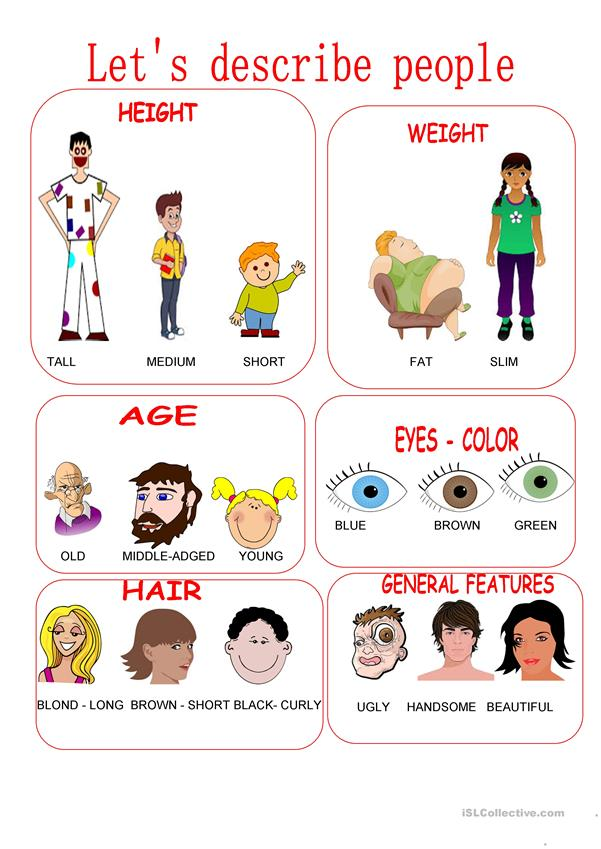 Of course, it makes sense to complicate the definitions, and not ask everything directly - so the question about "home" would sound better like "Is this not where the sun rises?" (with a reference to the famous song "House of the Rising Sun" by The Animals). Usually, the one who eventually gets to the searched word (names it or asks a question leading to victory) becomes the next leader.
Of course, it makes sense to complicate the definitions, and not ask everything directly - so the question about "home" would sound better like "Is this not where the sun rises?" (with a reference to the famous song "House of the Rising Sun" by The Animals). Usually, the one who eventually gets to the searched word (names it or asks a question leading to victory) becomes the next leader.
Writing Games
Encyclopedia
Not the fastest, but extremely exciting game for a company of four people - you will need pens, paper and some kind of encyclopedic dictionary (preferably not limited thematically - that is, TSB is better than a conditional "biological encyclopedia"). The host finds a word in the encyclopedia that is unknown to anyone present (here it remains to rely on their honesty - but cheating in this game is uninteresting and unproductive). The task of each of the players is to write an encyclopedic definition of this word, inventing its meaning from the head and, if possible, disguising the text as a real small encyclopedic article. The presenter, meanwhile, carefully rewrites the real definition from the encyclopedia. After that, the “articles” are shuffled and read out by the presenter in random order, including the real one, and the players vote for which option seems most convincing to them. In the end, the votes are counted and points are distributed. Any player receives a point for correctly guessing the real definition and one more point for each vote given by other participants to his own version. After that, the sheets are distributed back and a new word is played out - there should be about 6-10 of them in total. You can also play this game in teams: come up with imaginary definitions collectively. The game "poems" is arranged in a similar way - but instead of a compound word, the host selects two lines from some little-known poem in advance and invites the participants to add quatrains.
The task of each of the players is to write an encyclopedic definition of this word, inventing its meaning from the head and, if possible, disguising the text as a real small encyclopedic article. The presenter, meanwhile, carefully rewrites the real definition from the encyclopedia. After that, the “articles” are shuffled and read out by the presenter in random order, including the real one, and the players vote for which option seems most convincing to them. In the end, the votes are counted and points are distributed. Any player receives a point for correctly guessing the real definition and one more point for each vote given by other participants to his own version. After that, the sheets are distributed back and a new word is played out - there should be about 6-10 of them in total. You can also play this game in teams: come up with imaginary definitions collectively. The game "poems" is arranged in a similar way - but instead of a compound word, the host selects two lines from some little-known poem in advance and invites the participants to add quatrains.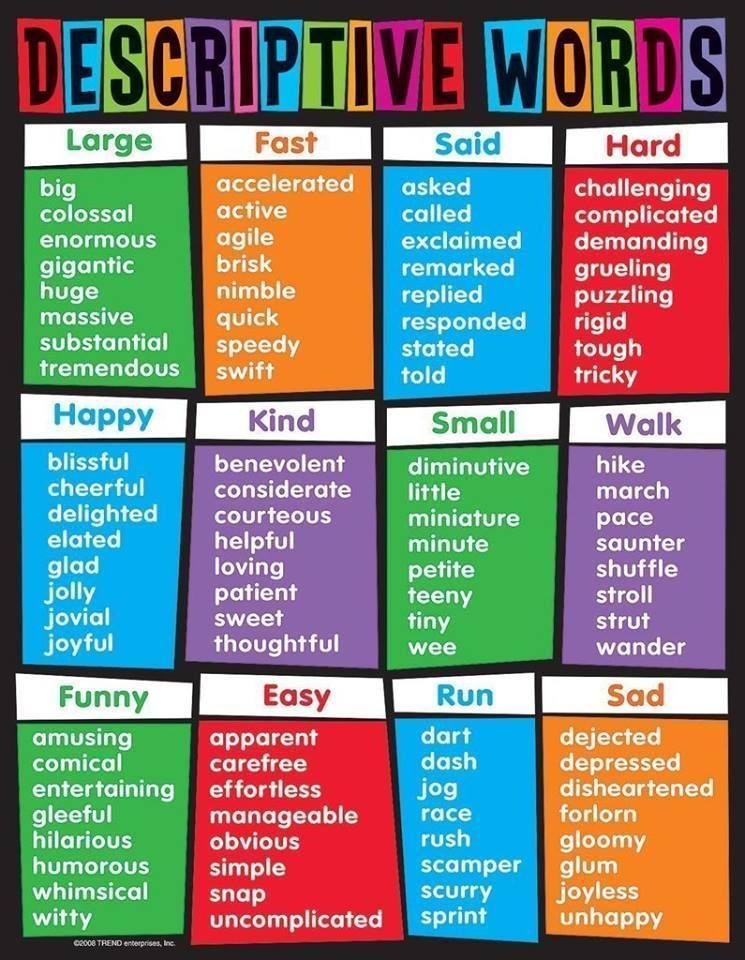
Game from Inglourious Basterds
A game for a company of any size that many knew before the Quentin Tarantino film, but it does not have a single name. Each player invents a role for his neighbor (usually it is some famous person), writes it on a piece of paper and sticks the piece of paper on his neighbor's forehead: accordingly, everyone sees what role someone has, but does not know who they are. The task of the participants is, with the help of leading questions, the answers to which are formulated as “yes” or “no” (“Am I a historical figure?”, “Am I a cultural figure?”, “Am I a famous athlete?”), to find out who exactly they are. In this form, however, the game exhausts itself rather quickly, so you can come up with completely different themes and instead of famous people play, for example, in professions (including exotic ones - "carousel", "taxidermist"), in film and literary heroes (you can mix them with real celebrities, but it’s better to agree on this in advance), food (one player will be risotto, and the other, say, green cabbage soup) and even just items.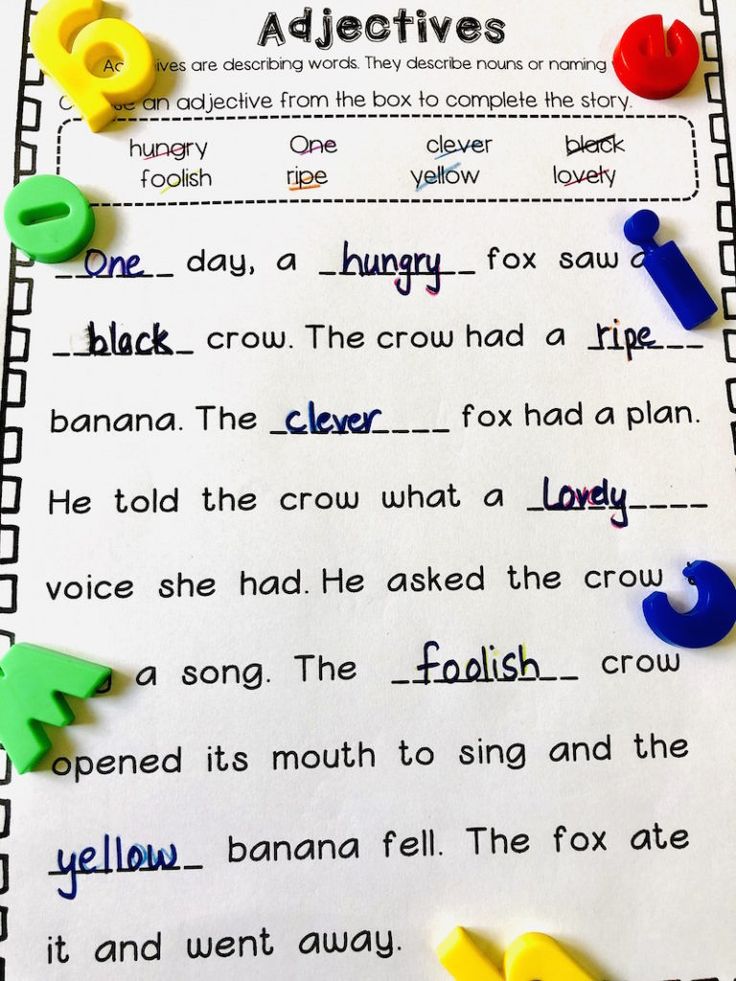
Bulls and cows
A game for two: one participant thinks of a word, and it is agreed in advance how many letters should be in it (usually 4-5). The task of the second is to guess this word by naming other four- or five-letter words; if some letters of the named word are in the hidden one, they are called cows, and if they have the same place inside the word, then these are bulls. Let's imagine that the word "eccentric" is conceived. If the guesser says “dot”, then he receives an answer from the second player: “three cows” (that is, the letters “h”, “k” and “a”, which are in both “eccentric” and “dot”, but in different places). If he then says "head of head", he will no longer get three cows, but two cows and one bull - since the letter "a" in both "eccentric" and "head" is in the fourth position. As a result, sooner or later, it is possible to guess the word, and the players can change places: now the first one will guess the word and count the bulls and cows, and the second one will name his options and track the extent to which they coincide with the one guessed.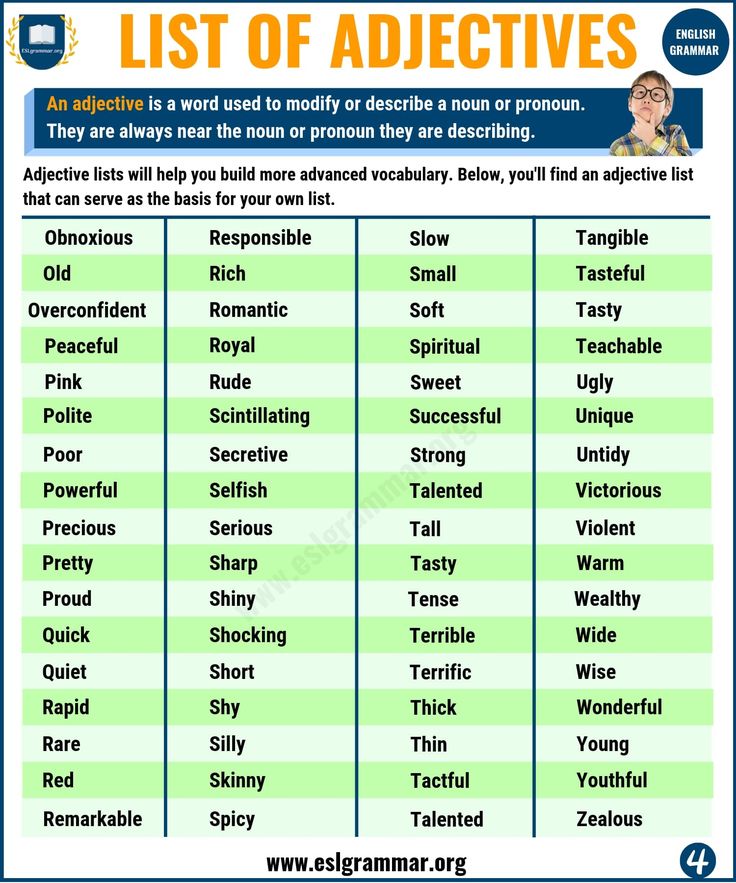 You can also complicate the process by simultaneously guessing your own word and guessing the opponent's word.
You can also complicate the process by simultaneously guessing your own word and guessing the opponent's word.
Intellect
Writing game for the company (but you can also play together), consisting of three rounds, each for five minutes. In the first, players randomly type thirteen letters (for example, blindly poking a book page with their finger) and then form words from them, and only long ones - from five letters. In the second round, you need to choose a syllable and remember as many words as possible that begin with it, you can use single-root ones (for example, if the syllable "house" is selected, then the words "house", "domra", "domain", "domain", "brownie", "housewife", etc.). Finally, in the third round, the syllable is taken again, but now you need to remember not ordinary words, but the names of famous people of the past and present in which it appears, and not necessarily at the beginning - that is, both Karamzin and McCartney will fit the syllable "kar" , and, for example, Hamilcar.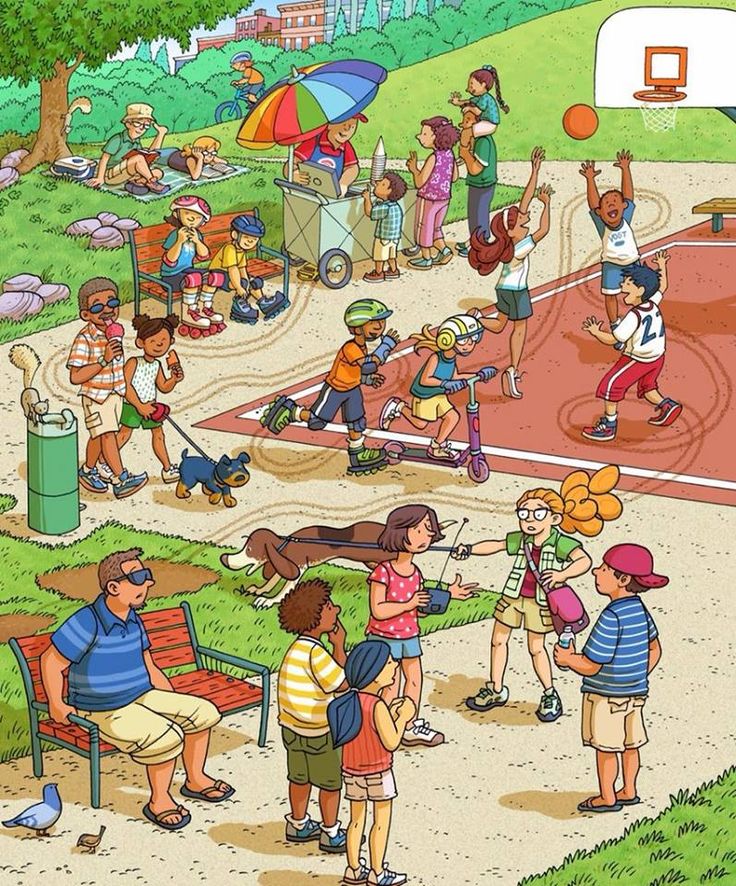 An important detail: since this round provokes the most disputes and scams, game participants can ask each other to prove that this person is really a celebrity, and here you need to remember at least the profession and country. Typical dialogue: "What, you don't know Hamilcar? But this is a Carthaginian commander!” After each round, points are counted: if a particular word is the same for all players, it is simply crossed out, in other cases, players are awarded as many points for it as the opponents could not remember it. In the first round, you can still add points for especially long words. Based on the results of the rounds, it is necessary to determine who took the first, second, third and other places, and add up these places at the end of the game. The goal is to get the smallest number at the output (for example, if you were the winners of all three rounds, then you will get the number 3 - 1 + 1 + 1, and you are the champion; less cannot be purely mathematical).
An important detail: since this round provokes the most disputes and scams, game participants can ask each other to prove that this person is really a celebrity, and here you need to remember at least the profession and country. Typical dialogue: "What, you don't know Hamilcar? But this is a Carthaginian commander!” After each round, points are counted: if a particular word is the same for all players, it is simply crossed out, in other cases, players are awarded as many points for it as the opponents could not remember it. In the first round, you can still add points for especially long words. Based on the results of the rounds, it is necessary to determine who took the first, second, third and other places, and add up these places at the end of the game. The goal is to get the smallest number at the output (for example, if you were the winners of all three rounds, then you will get the number 3 - 1 + 1 + 1, and you are the champion; less cannot be purely mathematical).
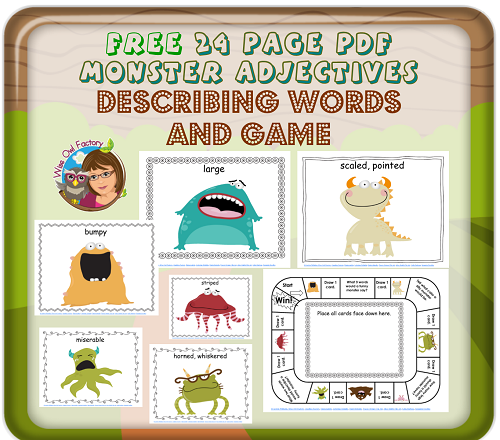 B. C. Trim, alphabet enchanté. Illustrations by Bertal. France, 1861 Wikimedia Commons
B. C. Trim, alphabet enchanté. Illustrations by Bertal. France, 1861 Wikimedia Commons Frame
A game for any number of people, which was invented by one of the creators of the Kaissa chess program and the author of the anagram search program Alexander Bitman. First, the players choose several consonants - this will be the frame, the skeleton of the word. Then the time is recorded (two or three minutes), and the players begin to “stretch” vowels (as well as “й”, “ь”, “ъ”) onto the frame to make existing words. Consonants can be used in any order, but only once, and vowels can be added in any number. For example, players choose the letters "t", "m", "n" - then the words "fog", "cloak", "mantle", "coin", "darkness", "ataman", "dumbness" and other. The winner is the one who can come up with more words (as usual, these should be common nouns in the singular). The game can be played even with one letter, for example, "l". The words “silt”, “lay”, “yula”, “aloe”, “spruce” are formed around it, and if we agree that the letter can be doubled, “alley” and “lily”.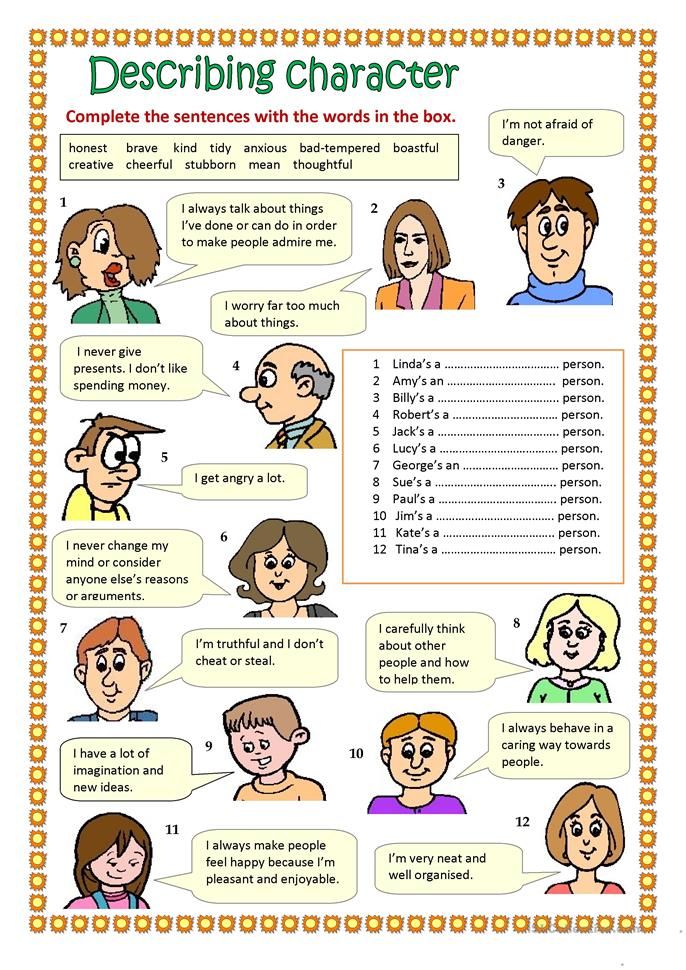 If the standard "framework" is mastered, then the task may be to compose a whole phrase with one consonant: a textbook example from the book by Evgeny Gik - "Bobby, kill the boy and beat the woman at the baobab."
If the standard "framework" is mastered, then the task may be to compose a whole phrase with one consonant: a textbook example from the book by Evgeny Gik - "Bobby, kill the boy and beat the woman at the baobab."
Chain of words
Game for any number of players. Many people know it under the name "How to make an elephant out of a fly", and it was invented by the writer and mathematician Lewis Carroll, the author of "Alice". The “chain” is based on metagram words, that is, words that differ by only one letter. The task of the players is to turn one word into another with the least number of intermediate links. For example, let's make a "goat" from a "fox": FOX - LINDE - PAW - KAPA - KARA - KORA - GOAT. It is interesting to give tasks with a plot: so that the “day” turns into “night”, the “river” becomes the “sea”. The well-known chain, where the "elephant" grows out of the "fly", is obtained in 16 moves: FLY - MURA - TURA - TARA - KARA - KARE - CAFE - KAFR - MURDER - KAYUK - HOOK - URIK - LESSON - TERM - DRAIN - STON - ELEPHANT (example of Evgeny Gik).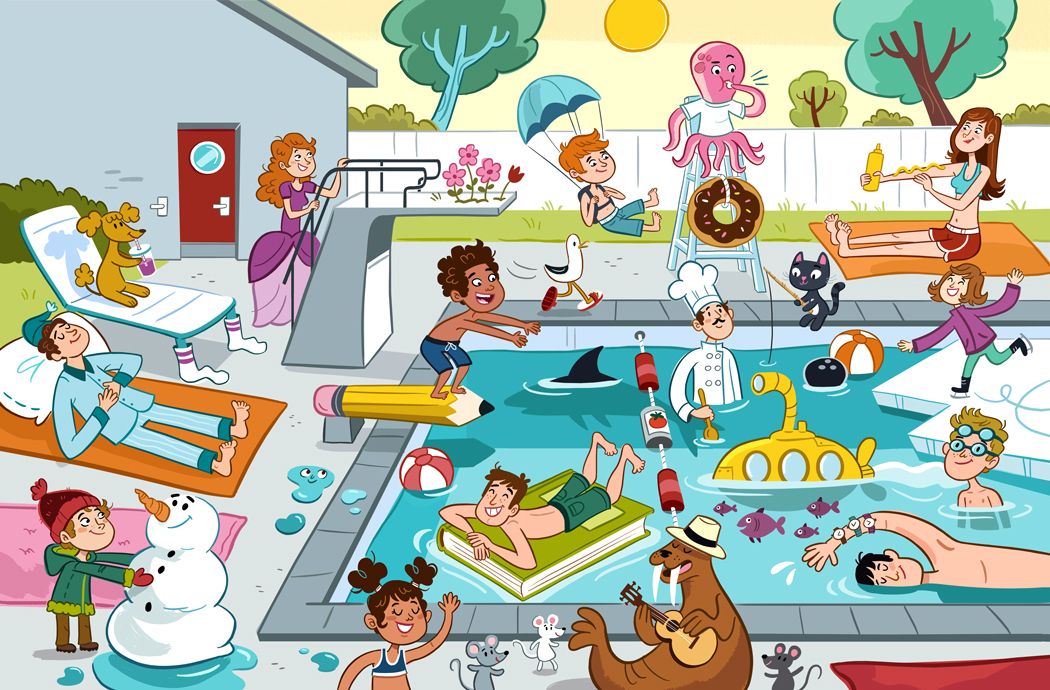 For training, you can compete in the search for metagrams for any word. For example, the word "tone" gives "sleep", "background", "current", "tom", "tan" and so on - whoever scores more options wins.
For training, you can compete in the search for metagrams for any word. For example, the word "tone" gives "sleep", "background", "current", "tom", "tan" and so on - whoever scores more options wins.
Hat
A game for a company of four people, requiring simple equipment: pens, paper and a “hat” (an ordinary plastic bag will do). Sheets of paper need to be torn into small pieces and distributed to the players, the number of pieces depends on how many people are playing: the larger the company, the less for each. Players write words on pieces of paper (one for each piece of paper) and throw them into the "hat". There are also options here - you can play just with words (noun, common noun, singular), or you can play with famous people or literary characters. Then the participants are divided into teams - two or more people each; the task of each - in 20 seconds (or 30, or a minute - the timing can be set at your own choice) to explain to your teammates the largest number of words arbitrarily pulled out of the "hat", without using the same root.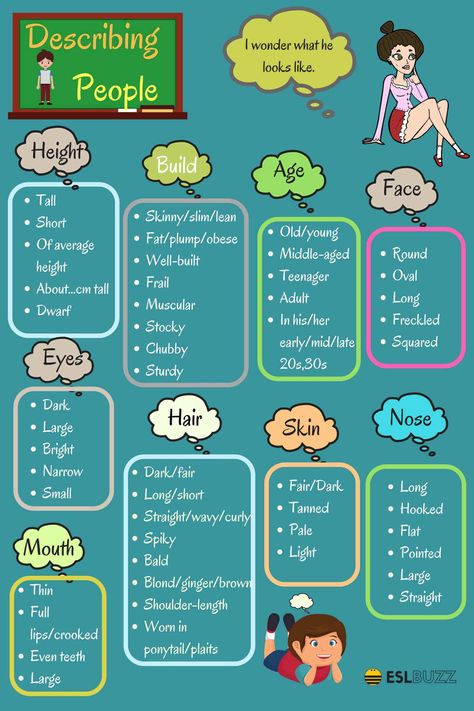 If the driver could not explain a word, it returns to the hat and will be played by the other team. At the end of the game, the words guessed by different representatives of the same team are summed up, their number is counted, and the team that has more pieces of paper is awarded the victory. A popular version of the game: everything is the same, but in the first round the players explain the words (or describe the characters) orally, in the second round they show in pantomime, in the third round they explain the same words in one word. And recently a board game has appeared, where you need not only to explain and show, but also to draw.
If the driver could not explain a word, it returns to the hat and will be played by the other team. At the end of the game, the words guessed by different representatives of the same team are summed up, their number is counted, and the team that has more pieces of paper is awarded the victory. A popular version of the game: everything is the same, but in the first round the players explain the words (or describe the characters) orally, in the second round they show in pantomime, in the third round they explain the same words in one word. And recently a board game has appeared, where you need not only to explain and show, but also to draw.
Telegrams
Game for any number of players. The players choose a word, for each letter of which they will need to come up with a part of the telegram - the first letter will be the beginning of the first word, the second - the second, and so on. For example, the word "fork" is selected. Then the following message can become a telegram: “The camel is healed.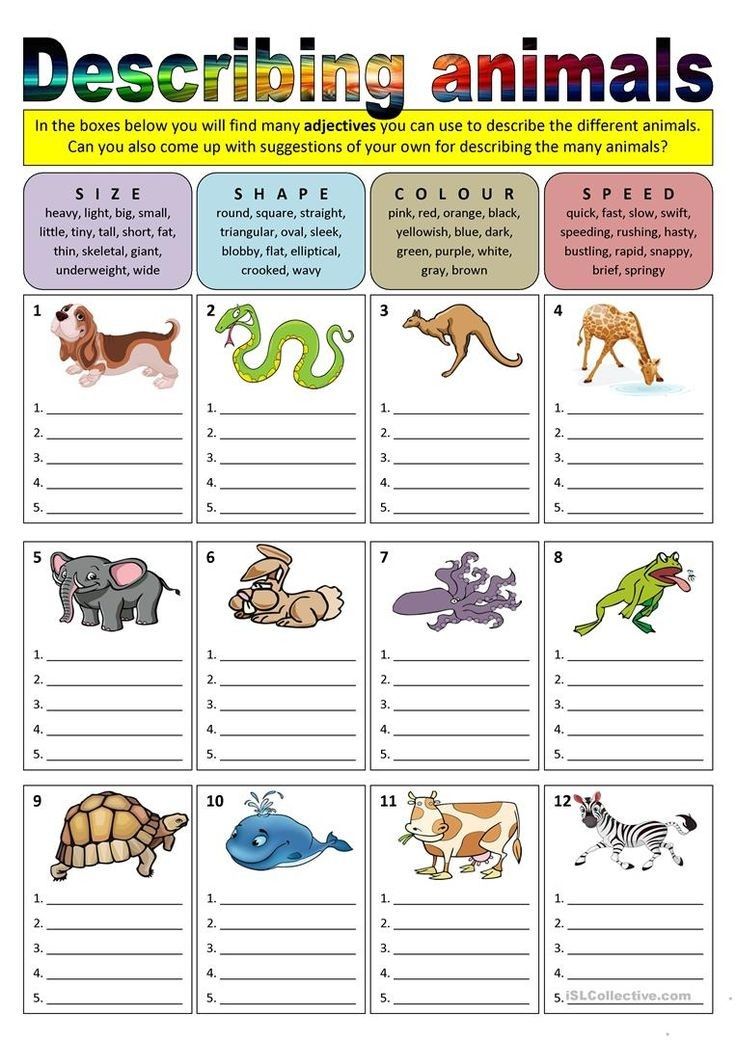 I'm flying a crocodile. Aibolit". Another round of the game is the addition of genres. Each player gets the task to write not one, but several telegrams from the same word - business, congratulatory, romantic (the types of messages are agreed in advance). Telegrams are read aloud, the next word is chosen.
I'm flying a crocodile. Aibolit". Another round of the game is the addition of genres. Each player gets the task to write not one, but several telegrams from the same word - business, congratulatory, romantic (the types of messages are agreed in advance). Telegrams are read aloud, the next word is chosen.
even more different games for one or a company
Home games
Shadow theater, crafts and paper dolls from children's books and magazines of the XIX-XX centuries Ring and other games
Games from classic books
What do the heroes of the works of Nabokov, Lindgren and Milne play
A children's course on where games, jokes, horror stories and memes come from and why we need them
Children's room
Special project
Children's room Arzamas
Sources
- Balandin B.
